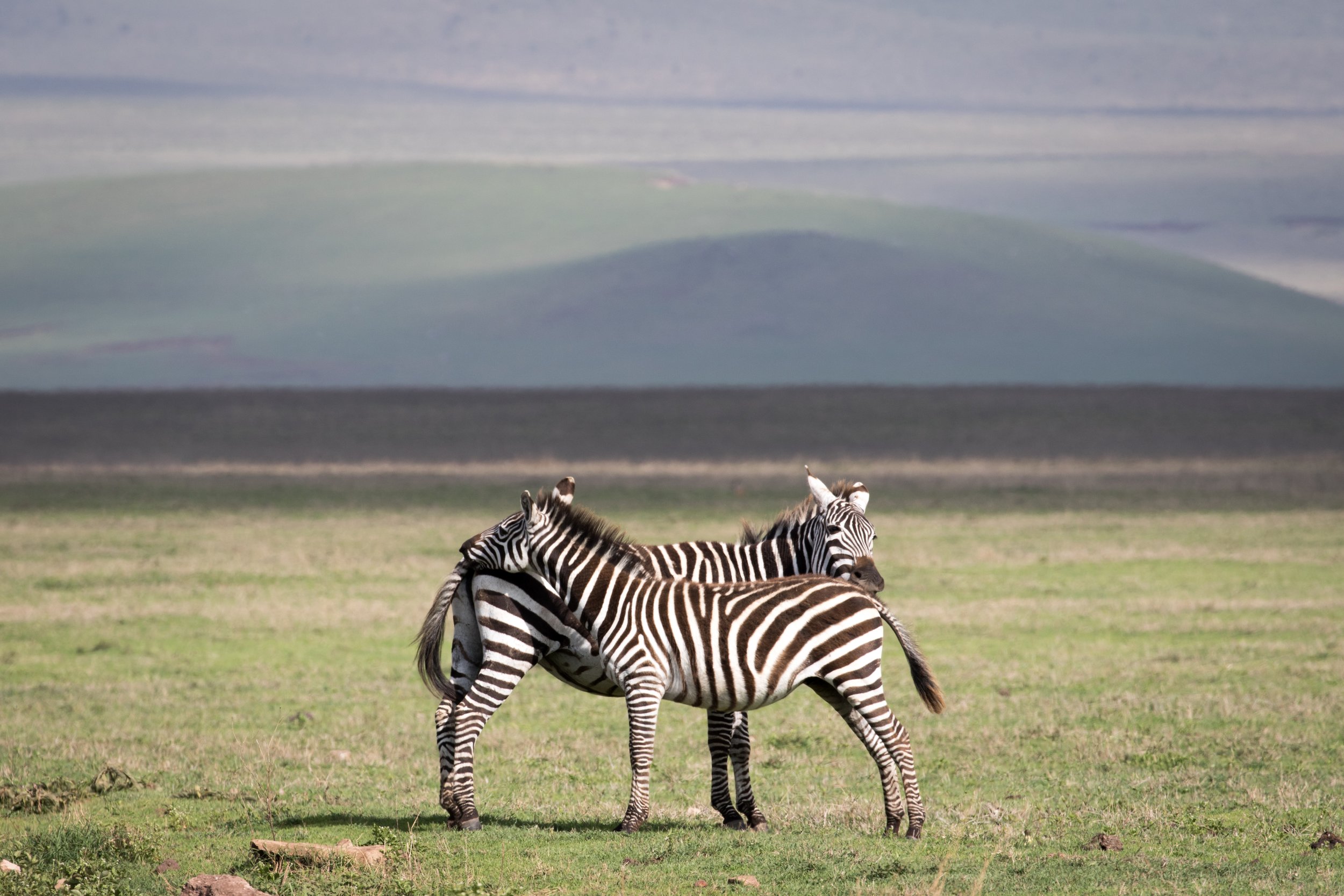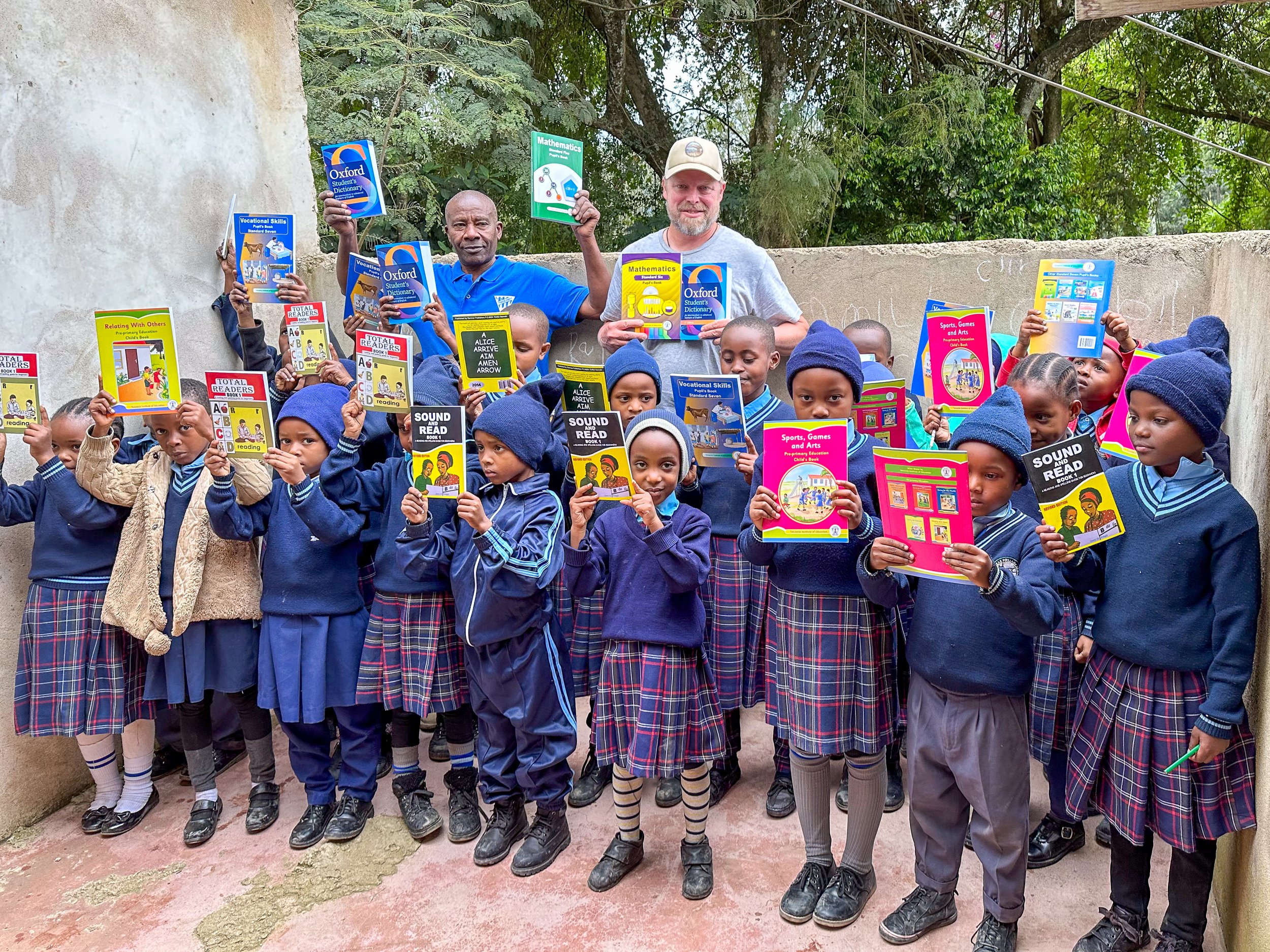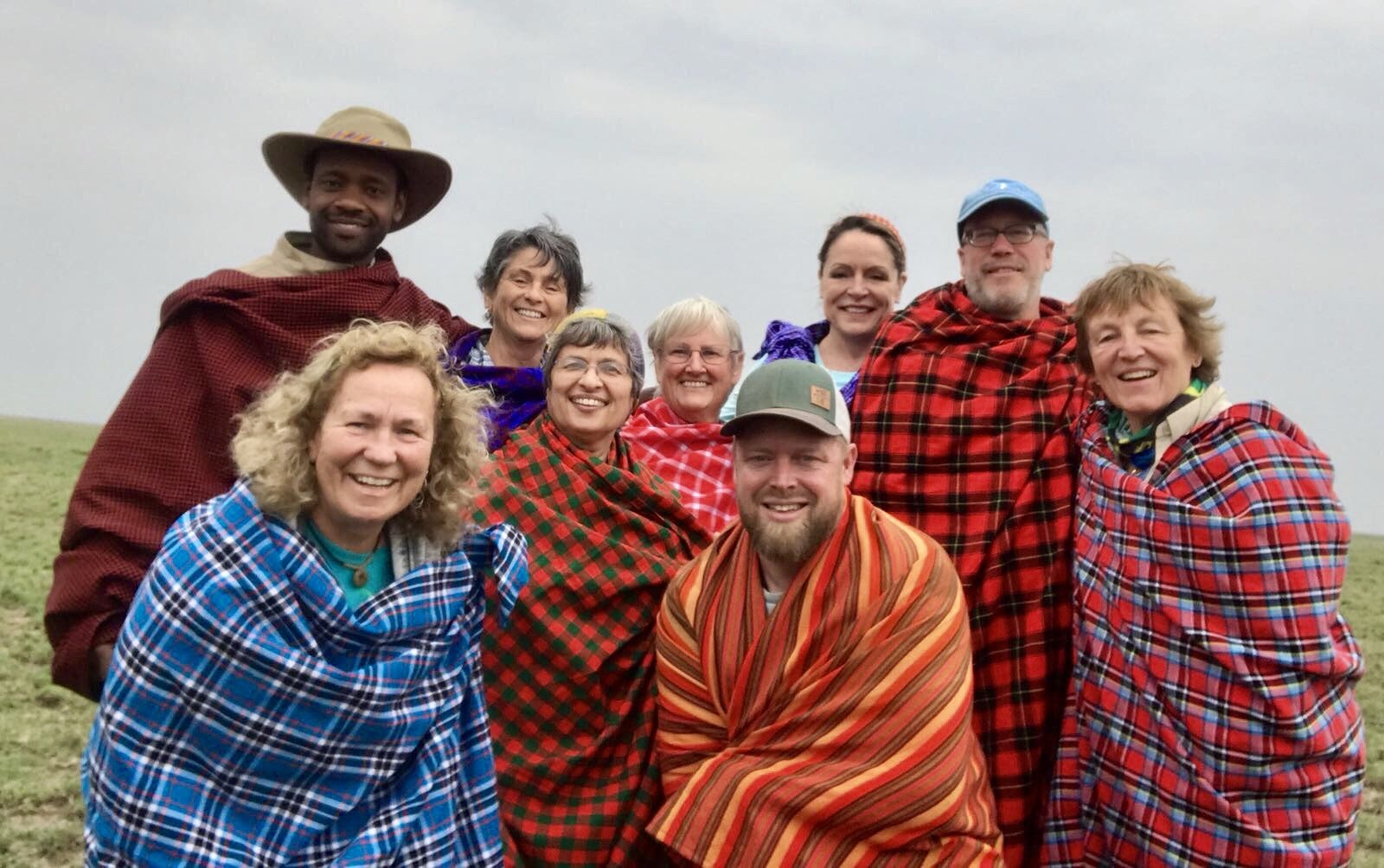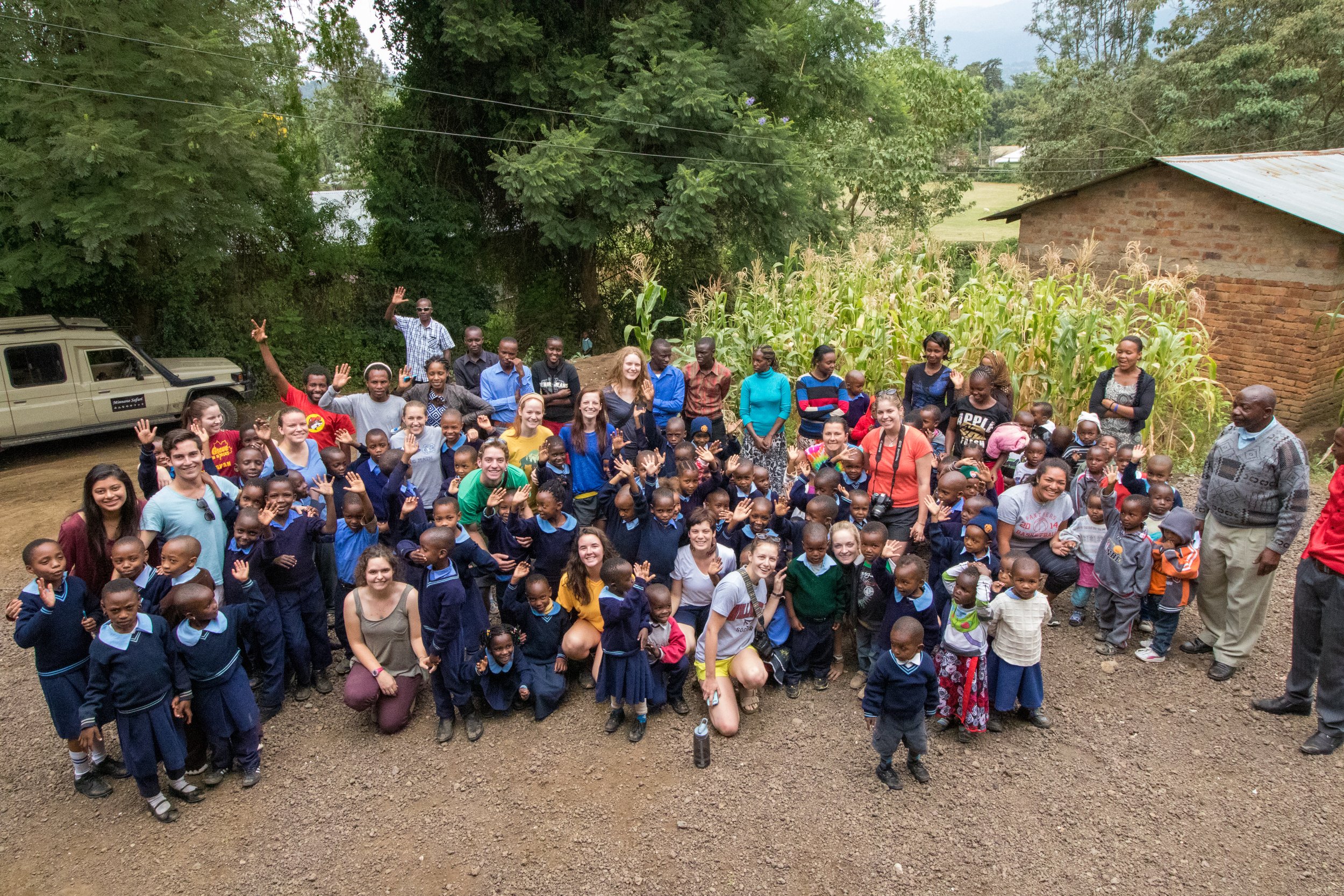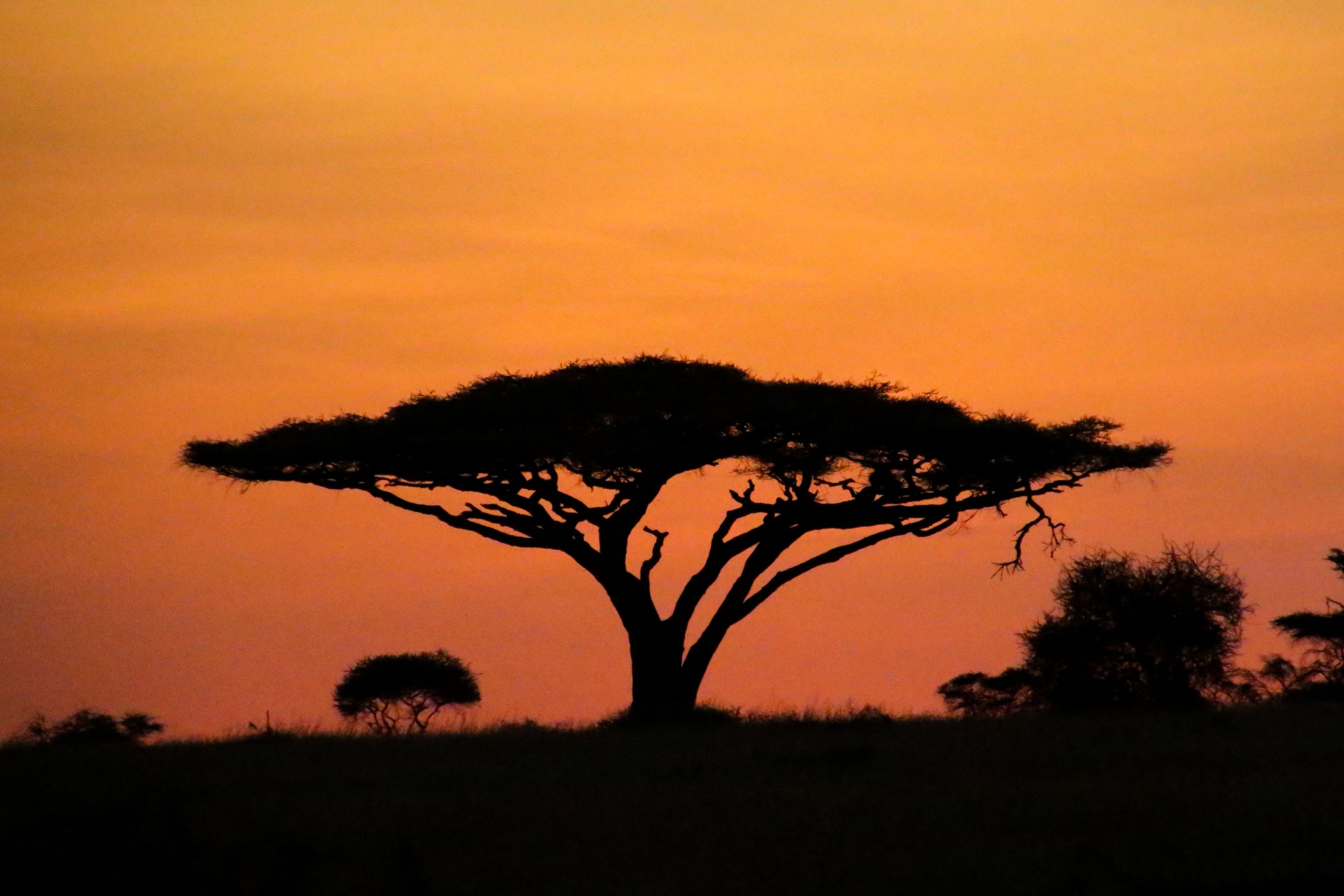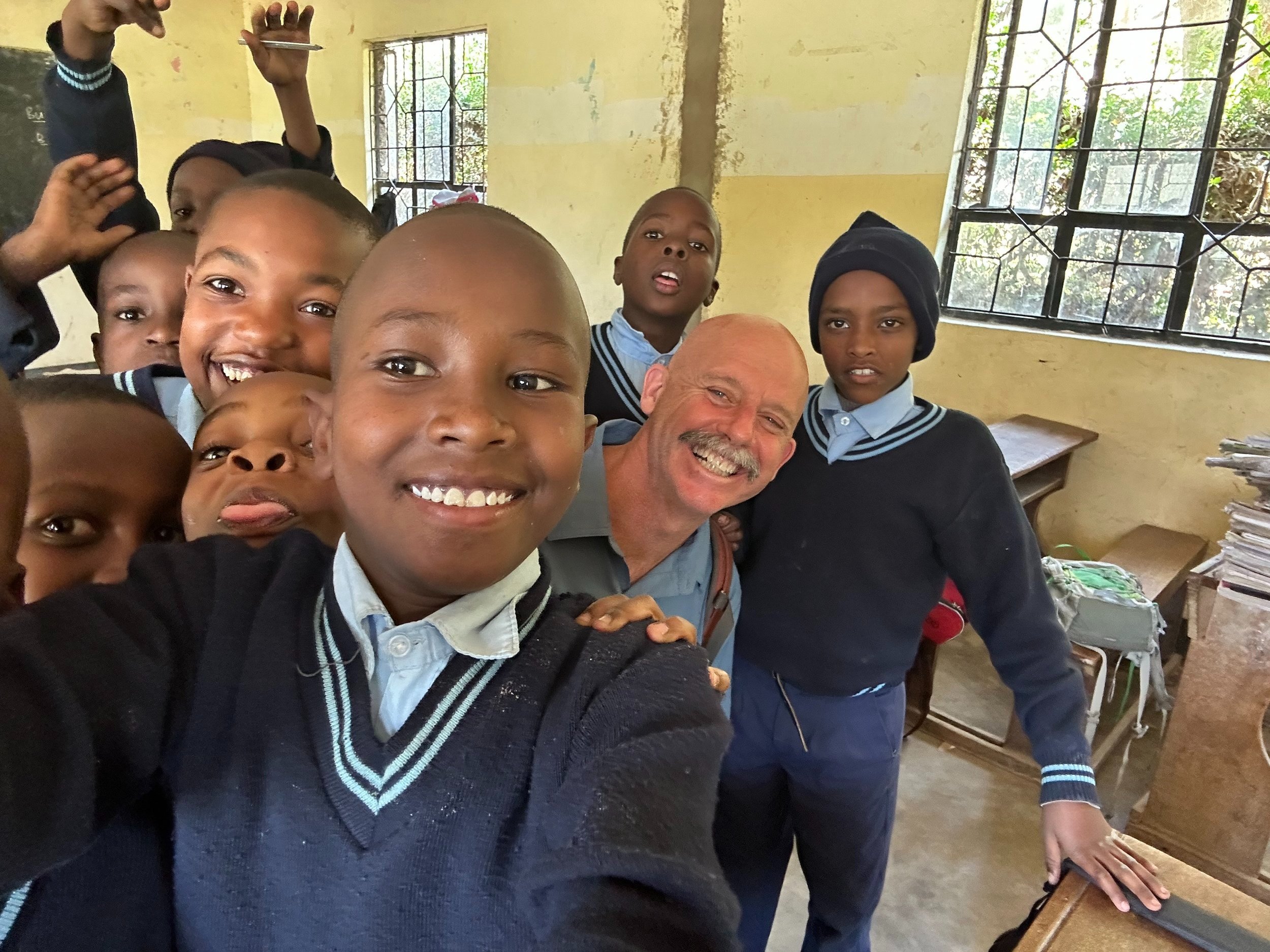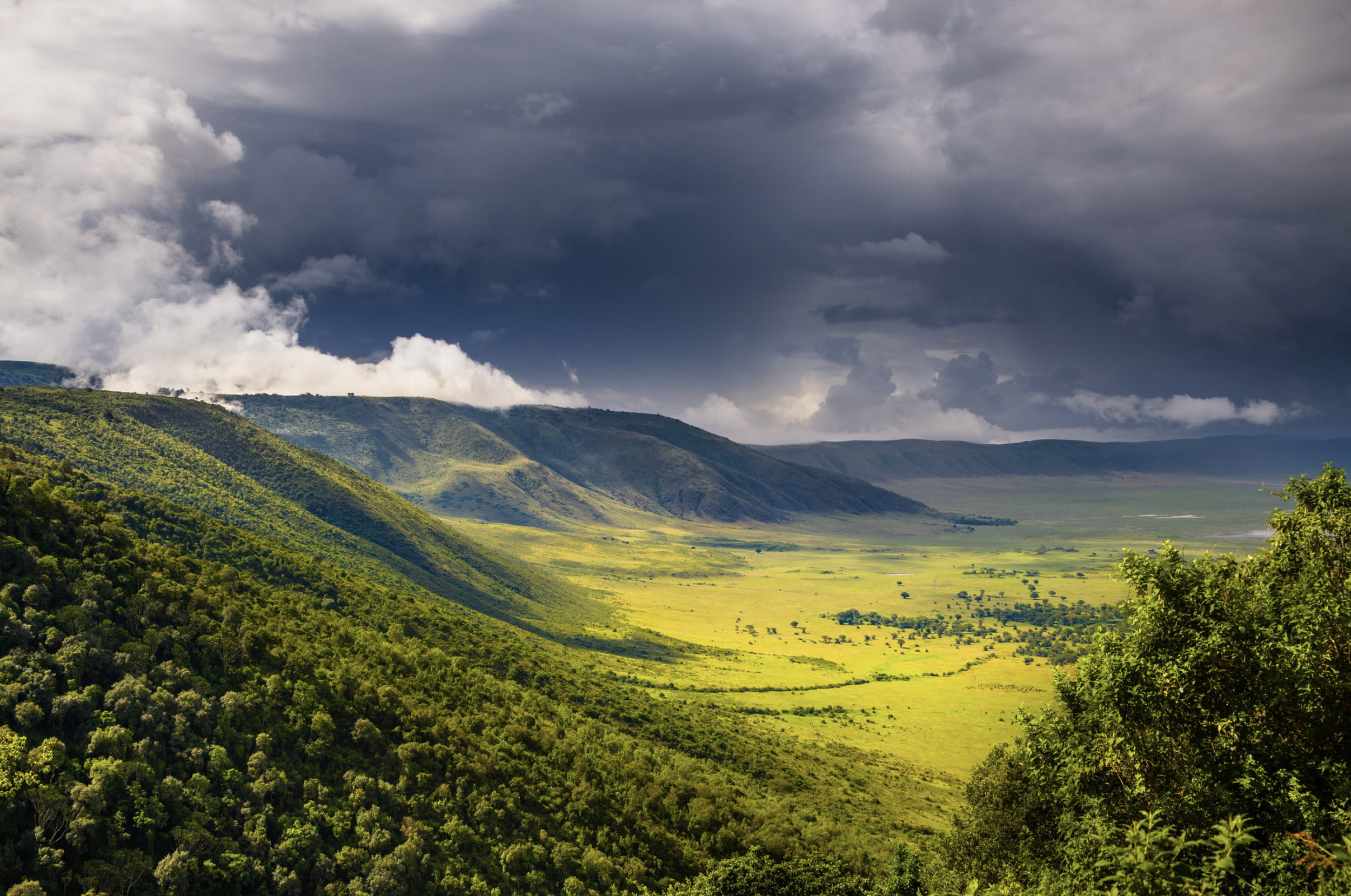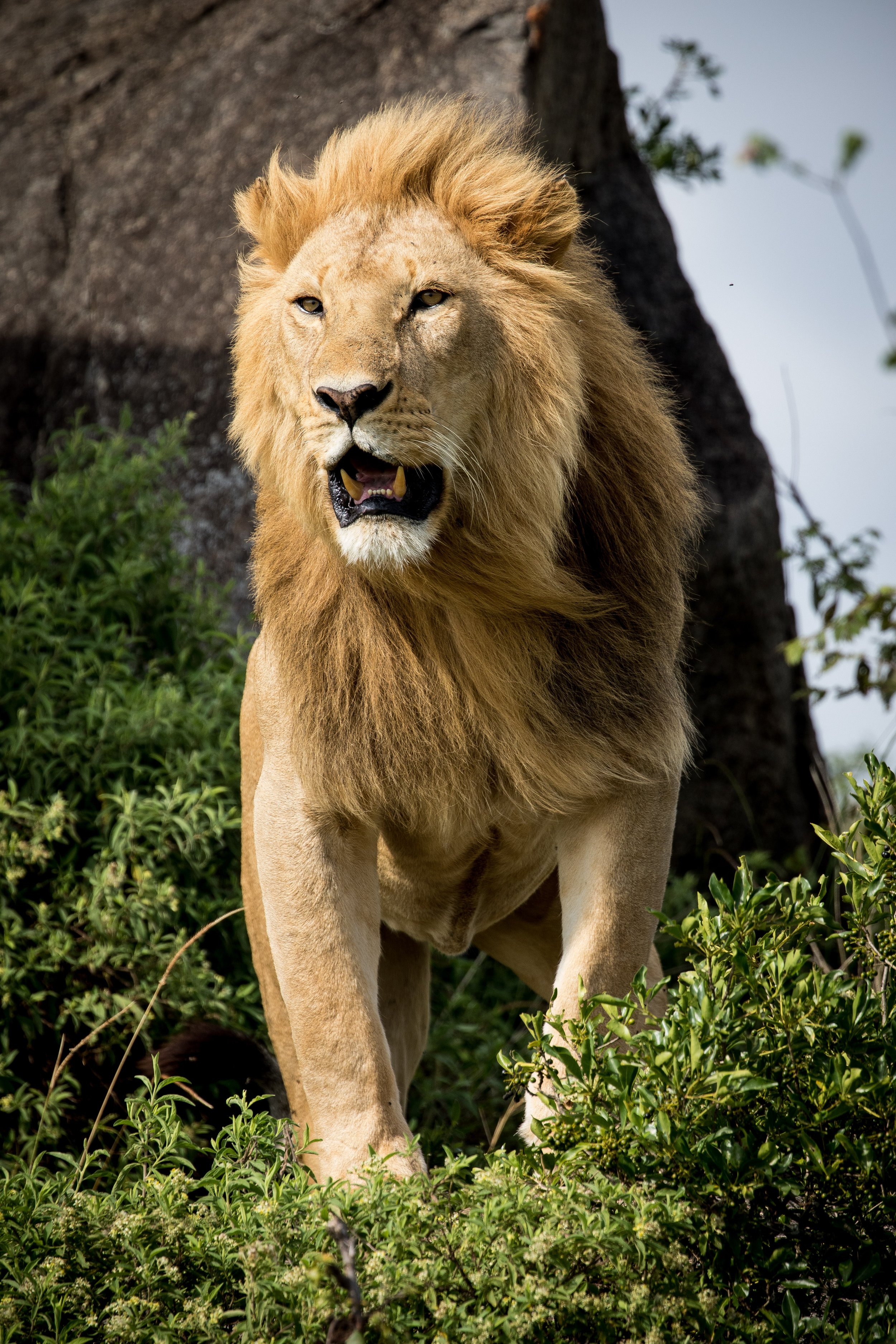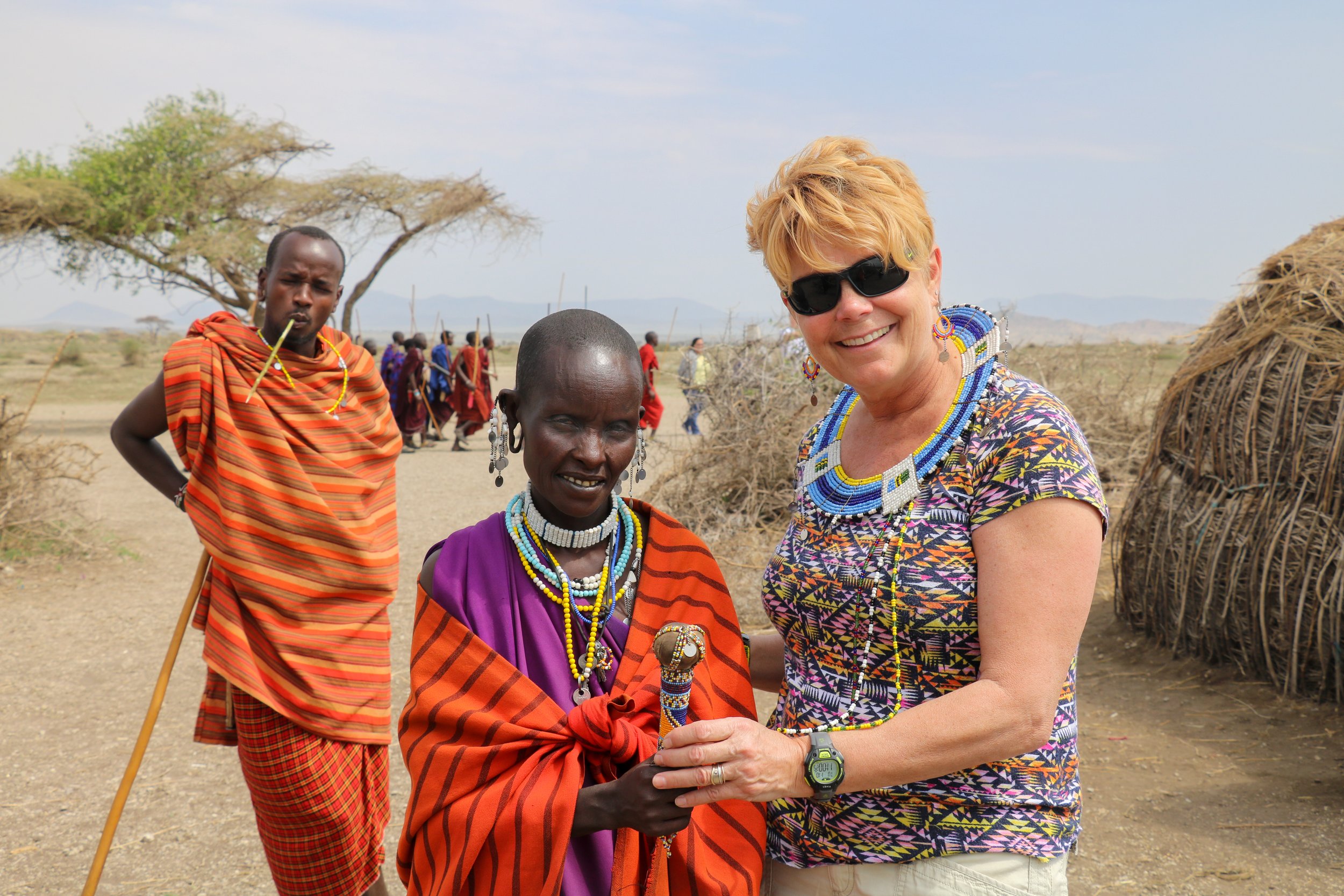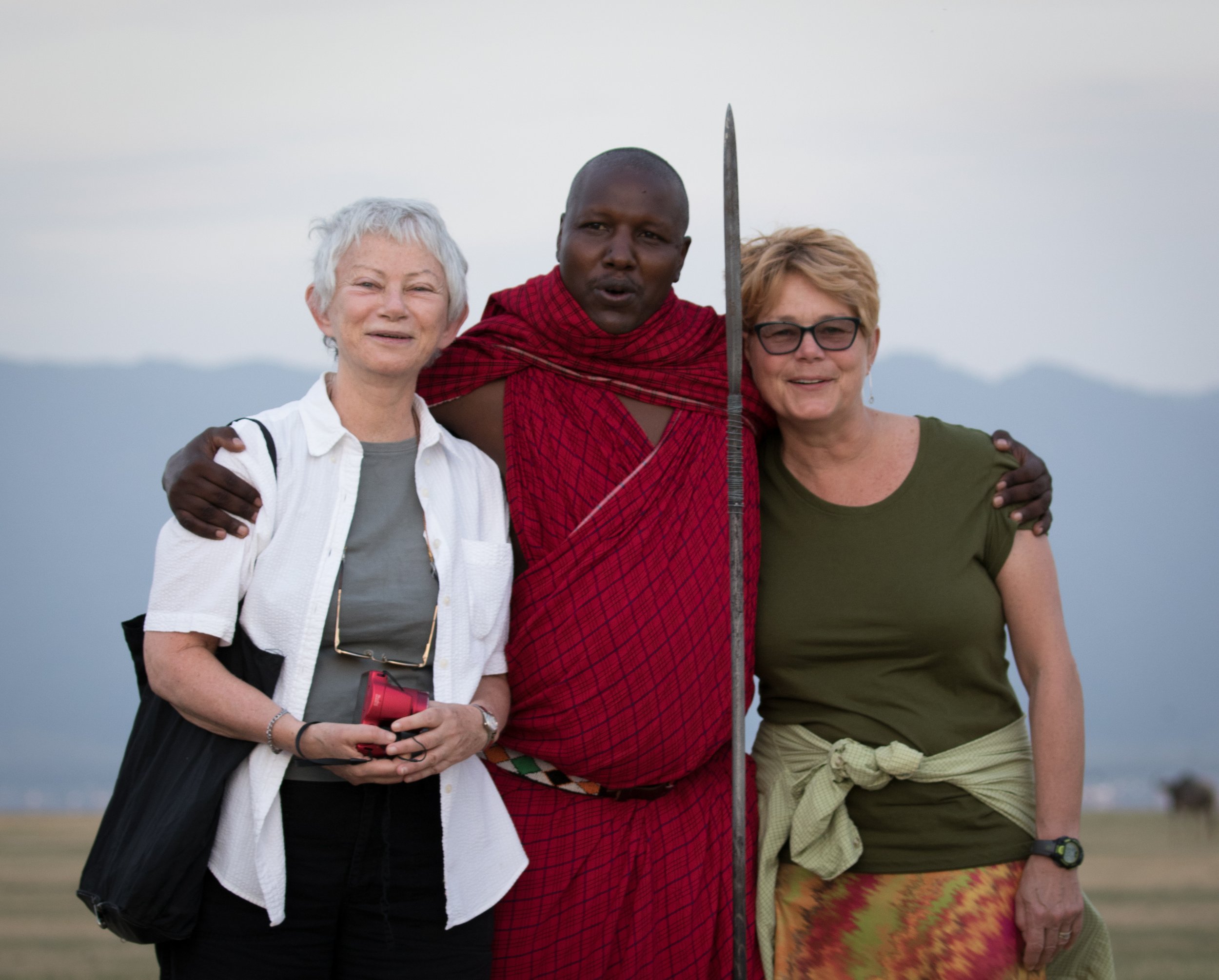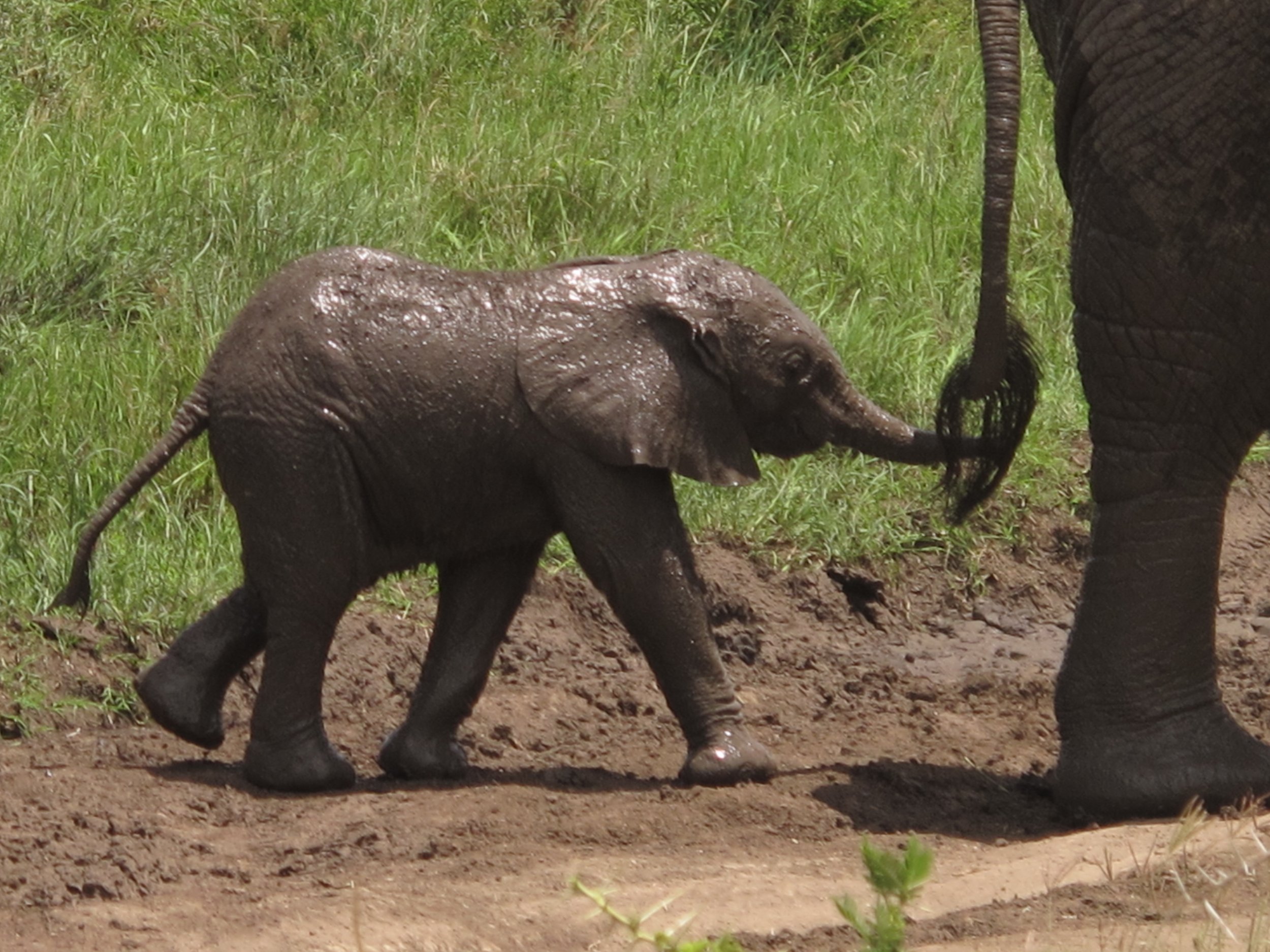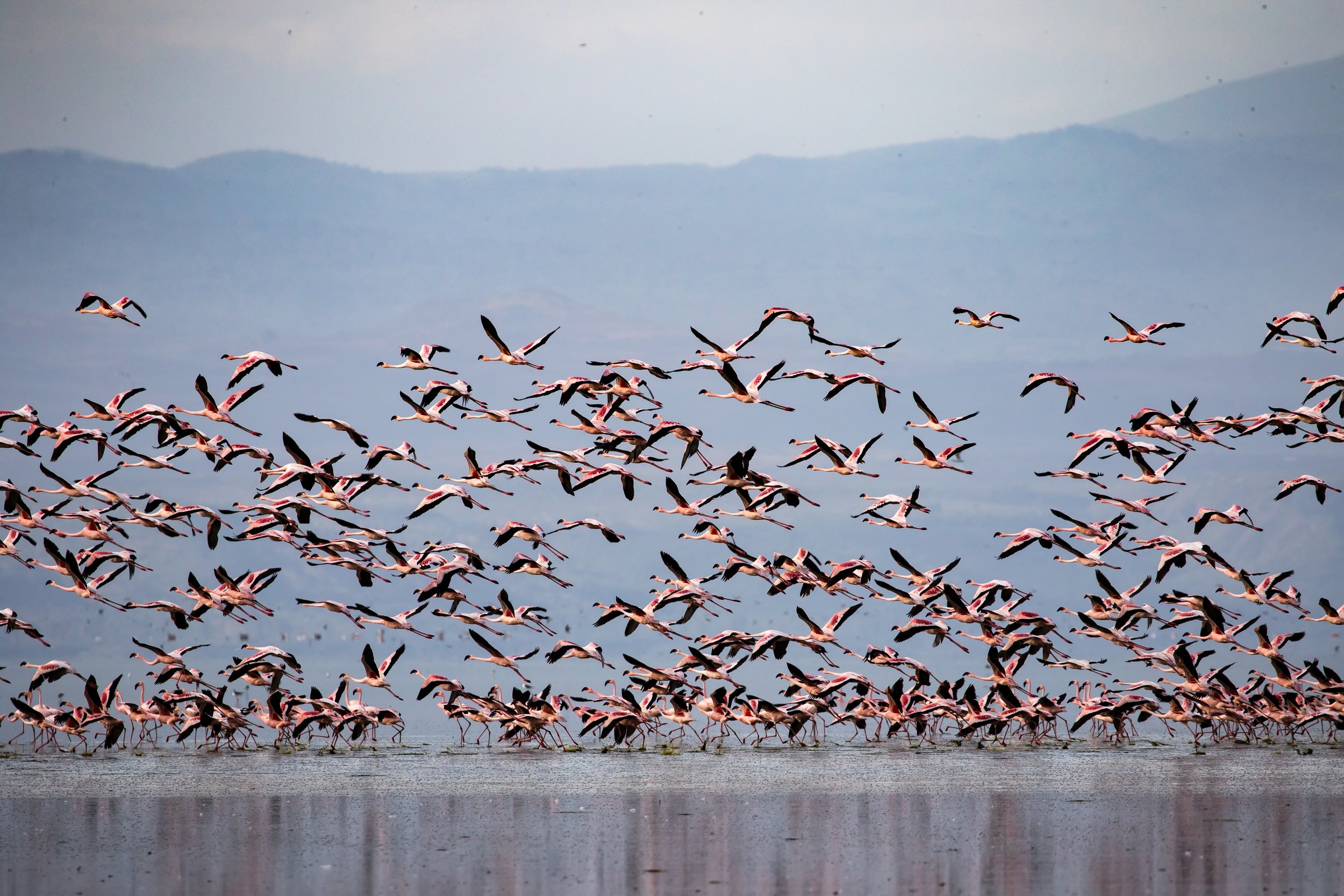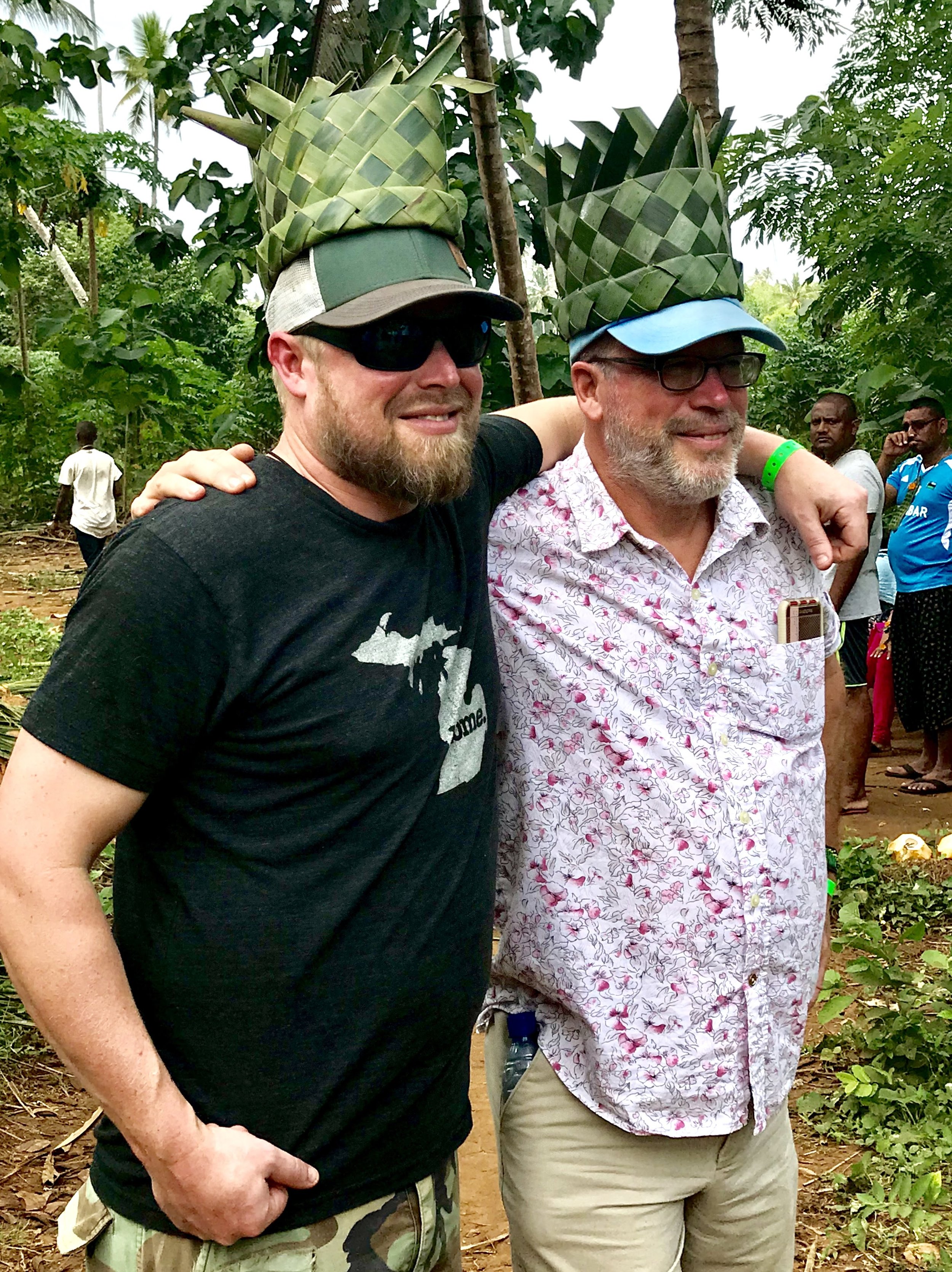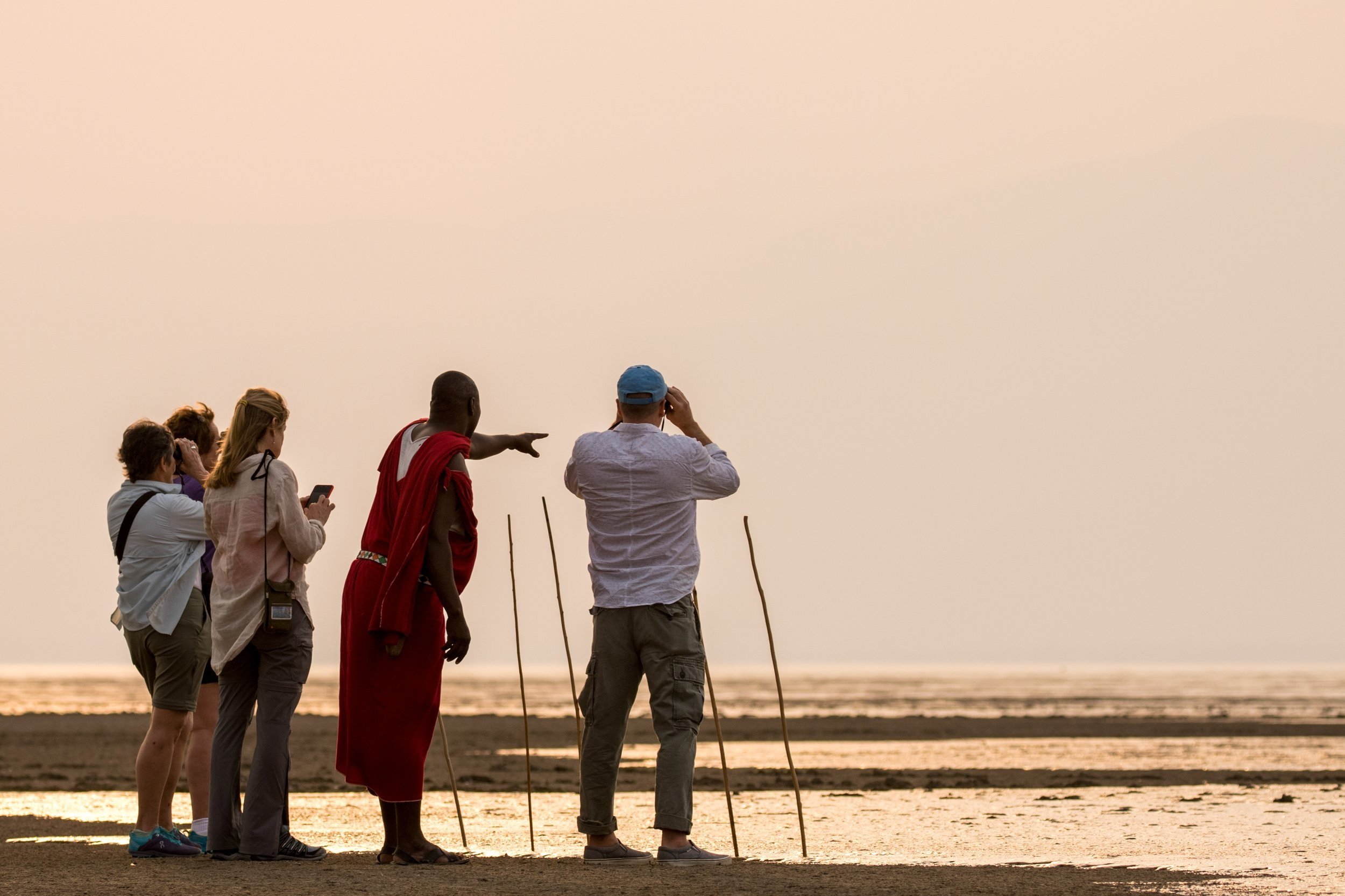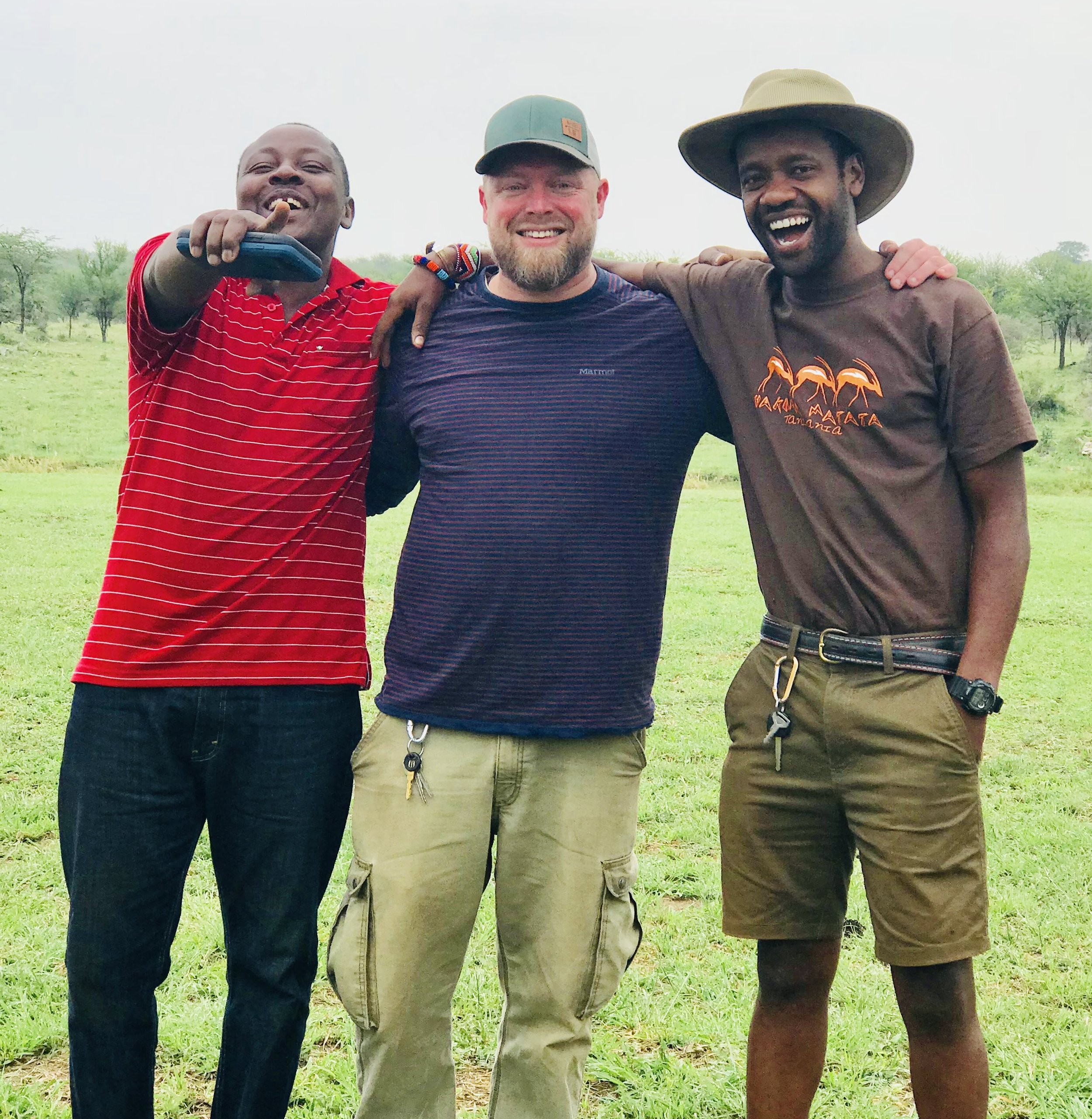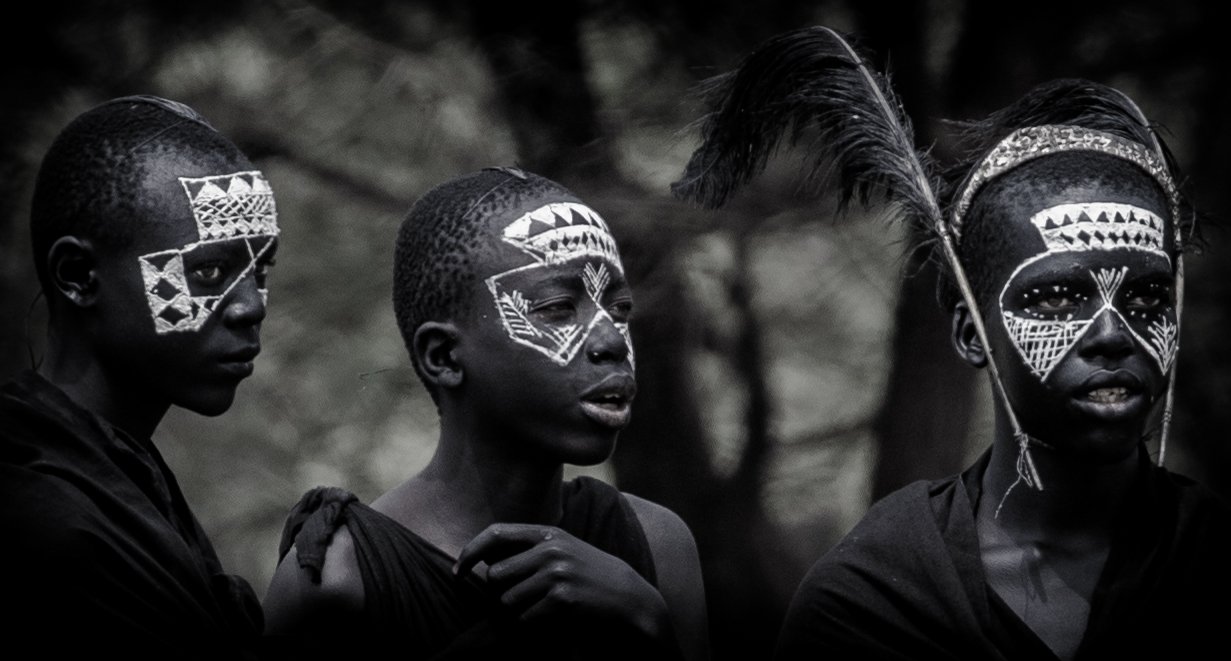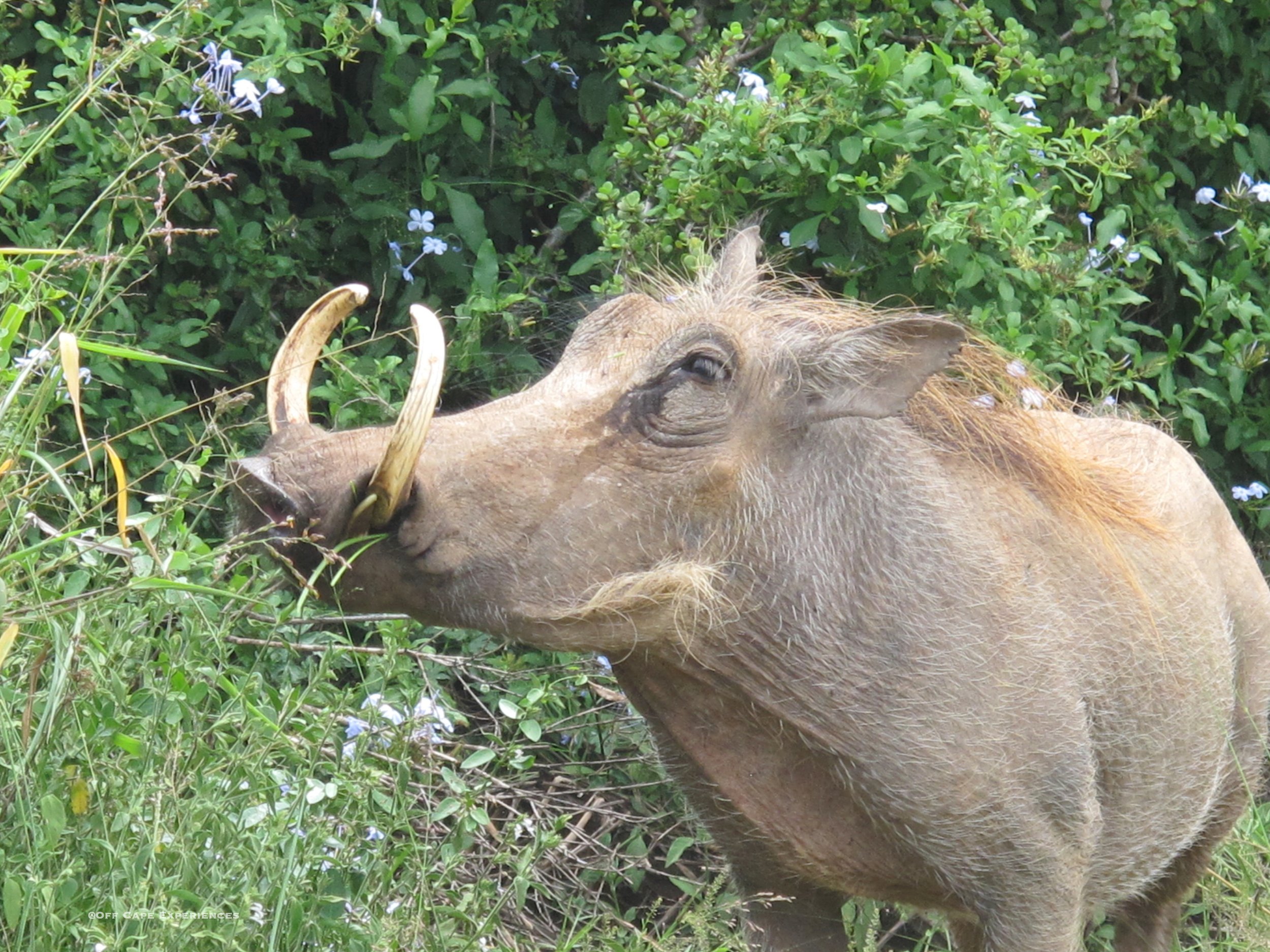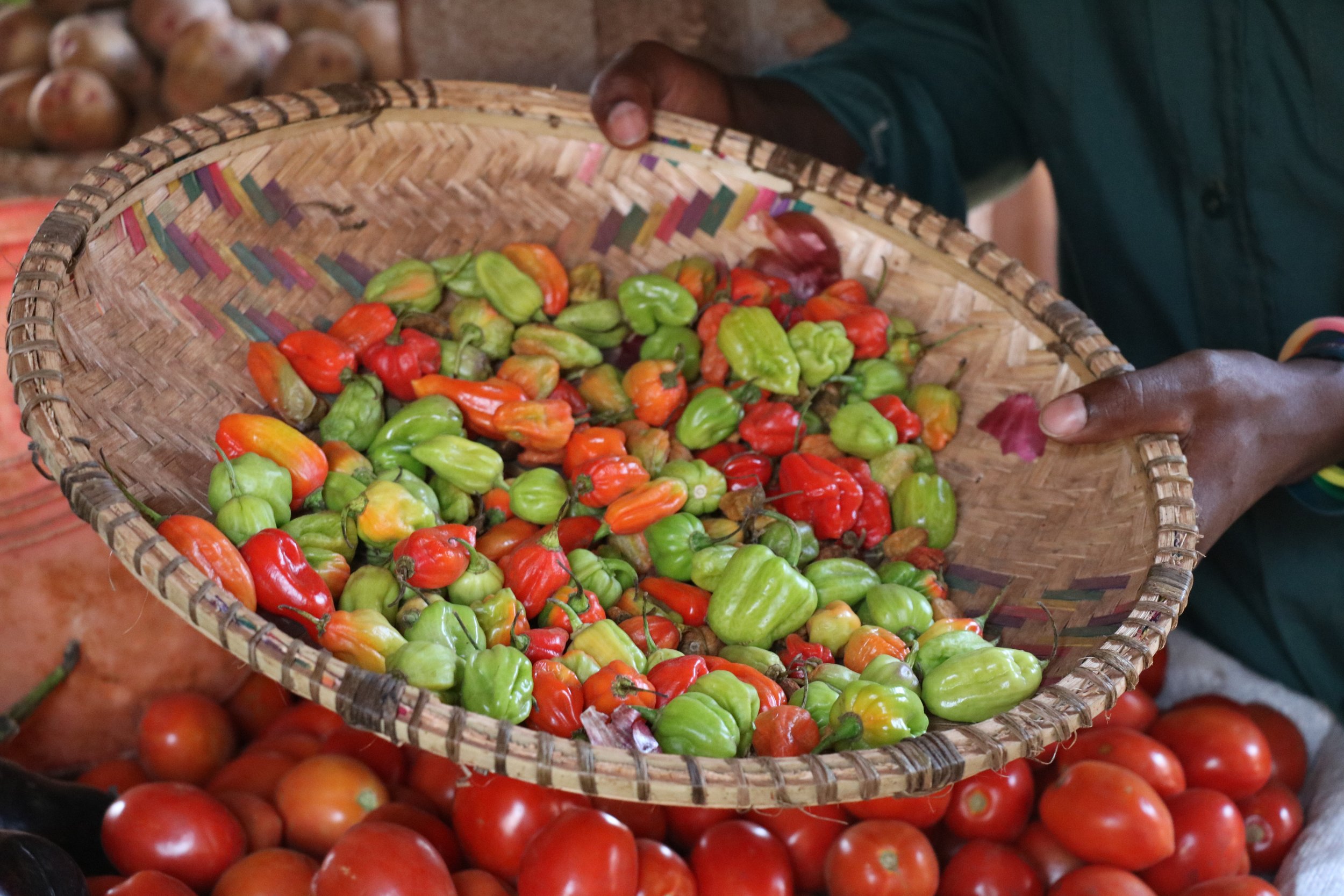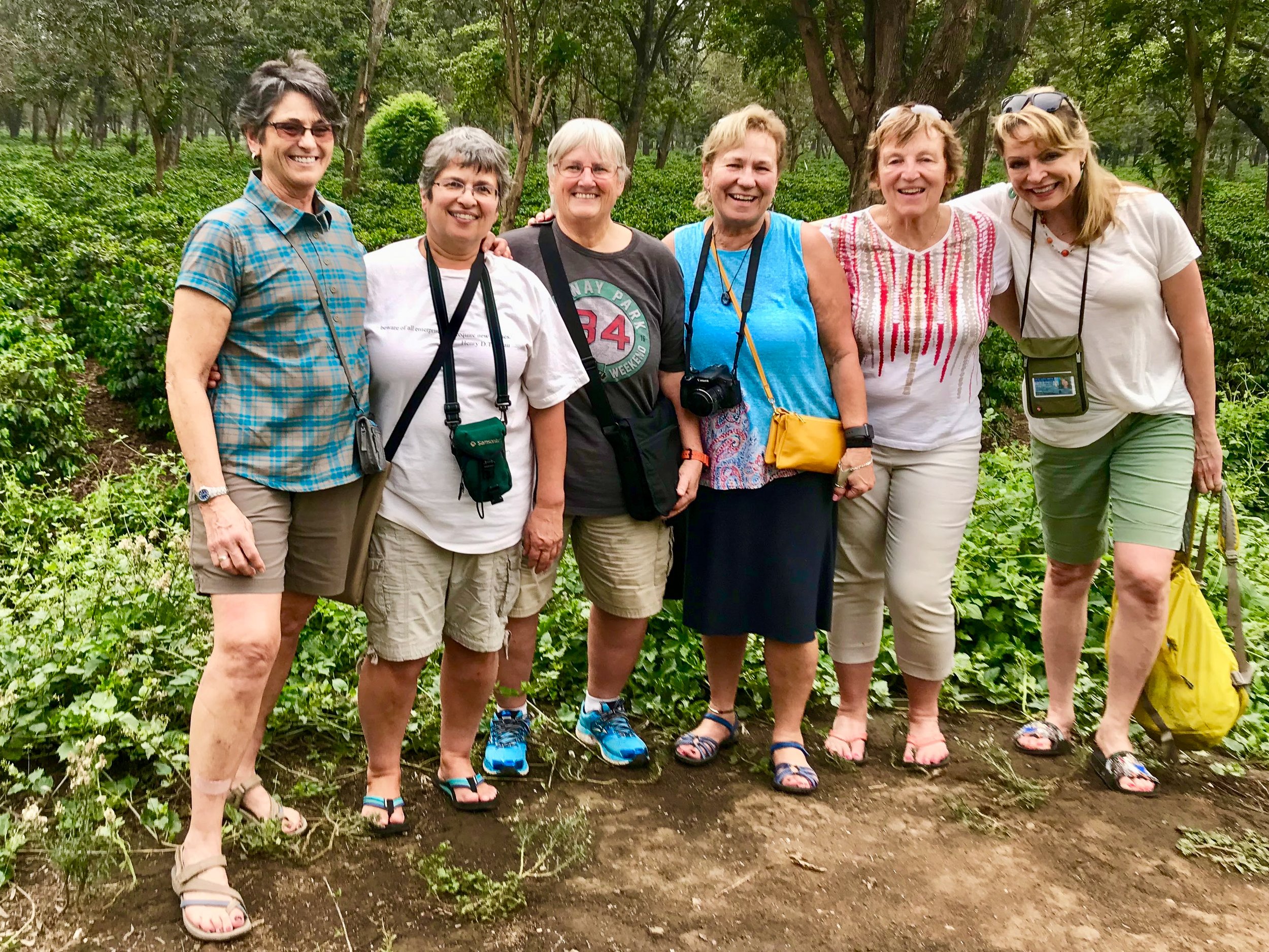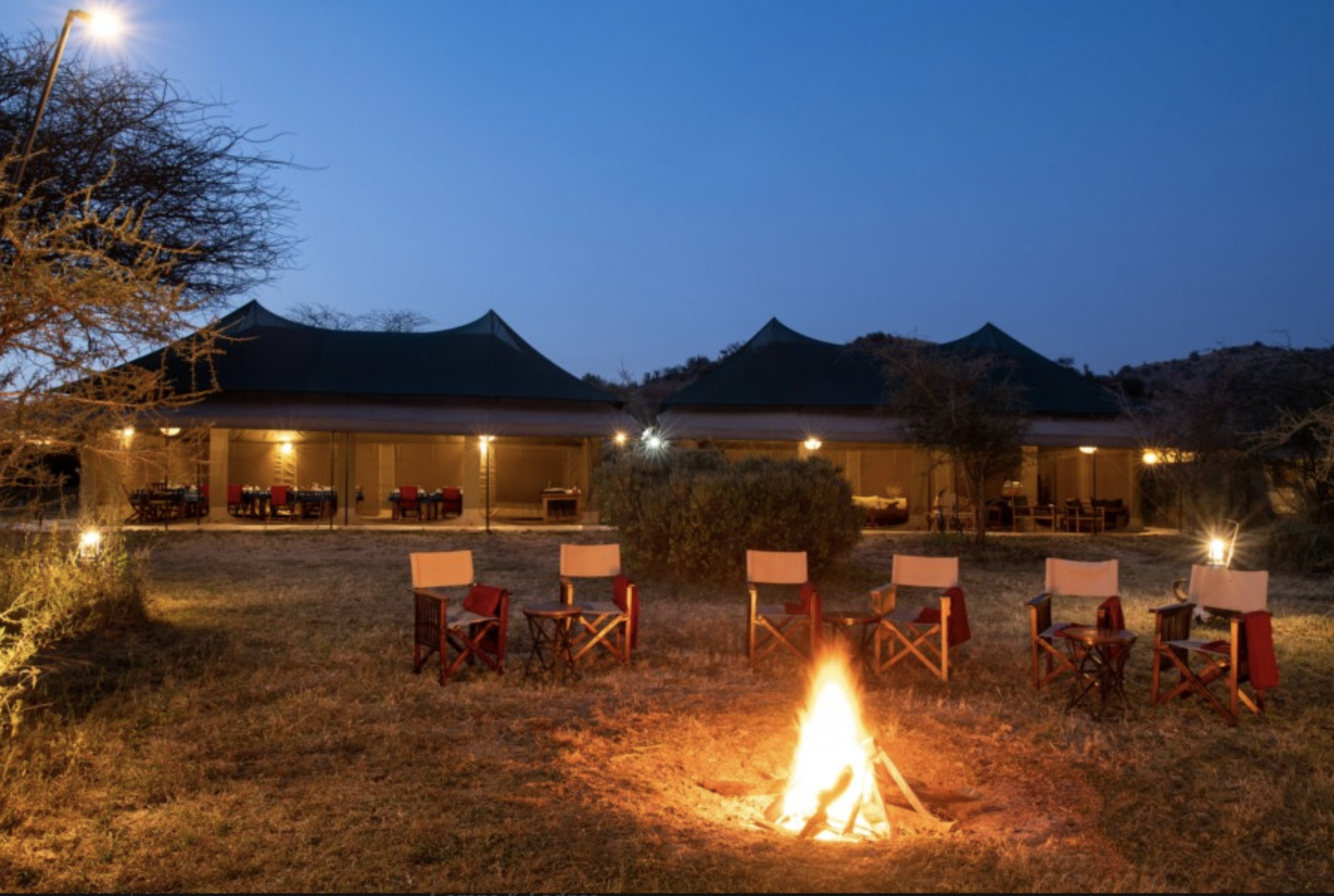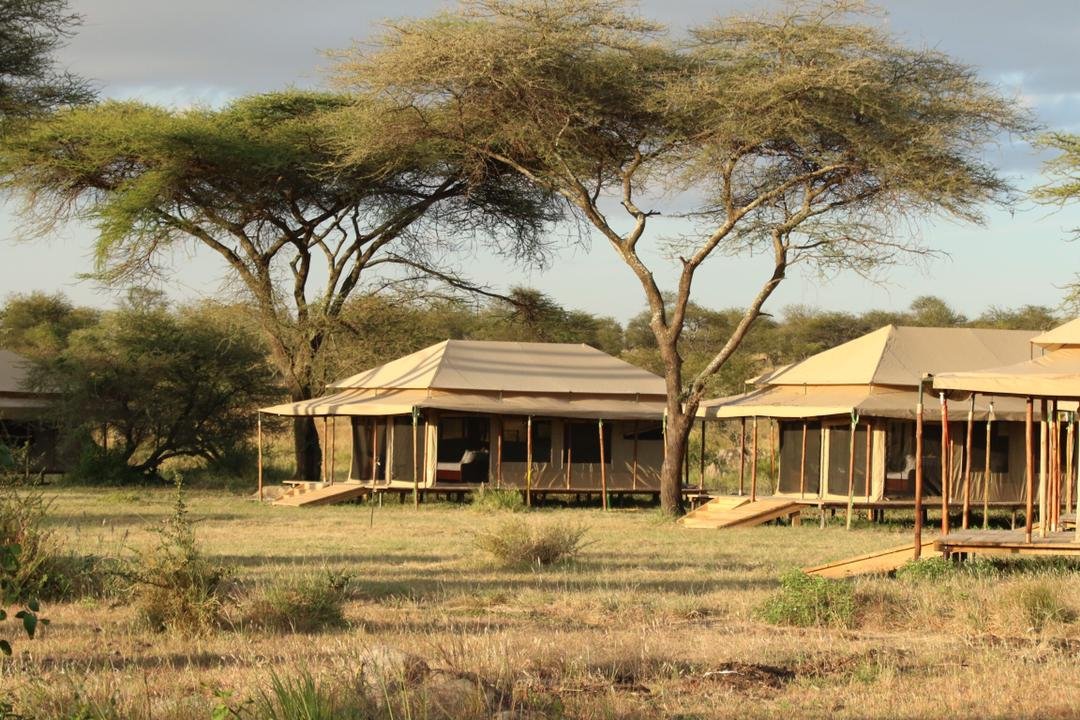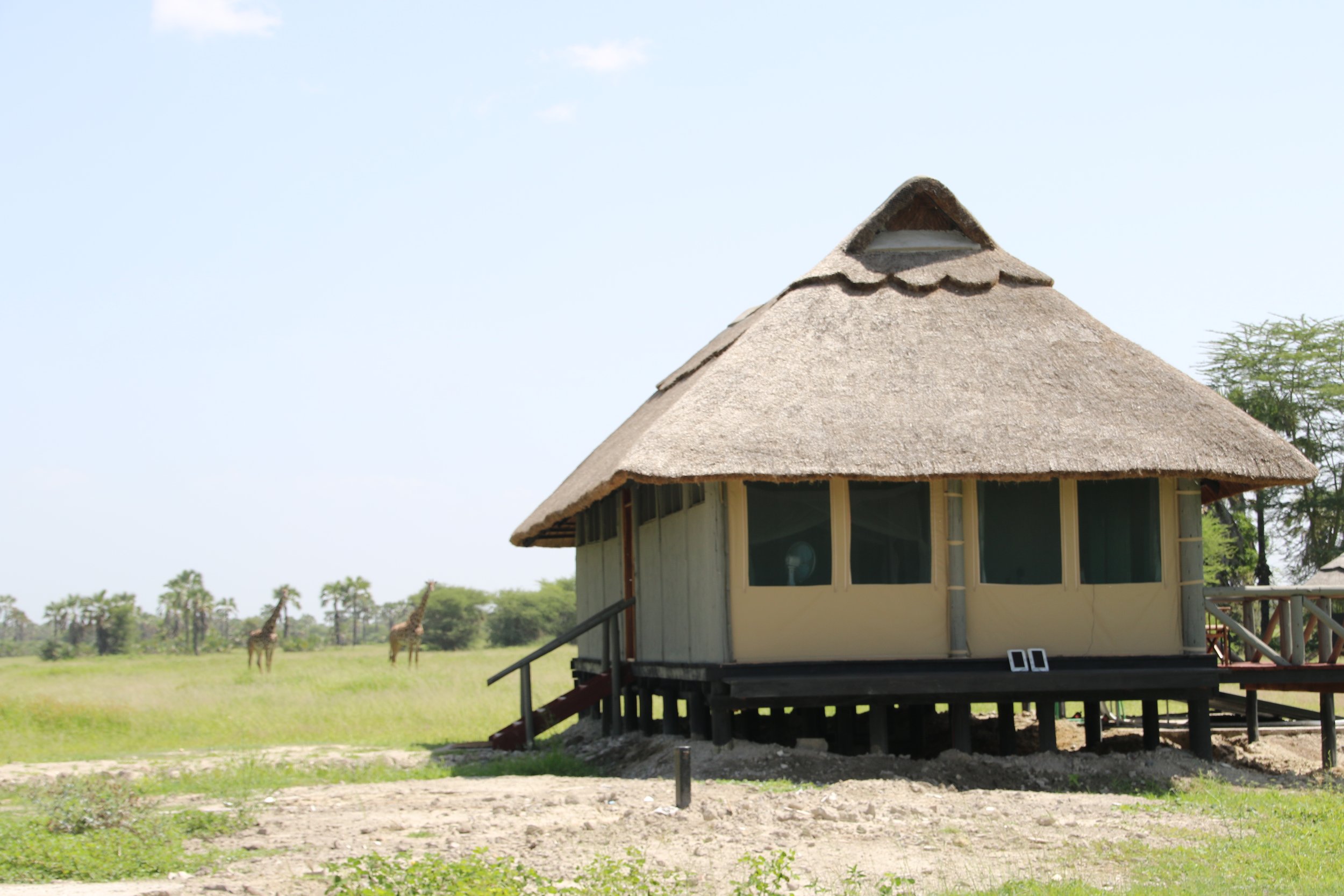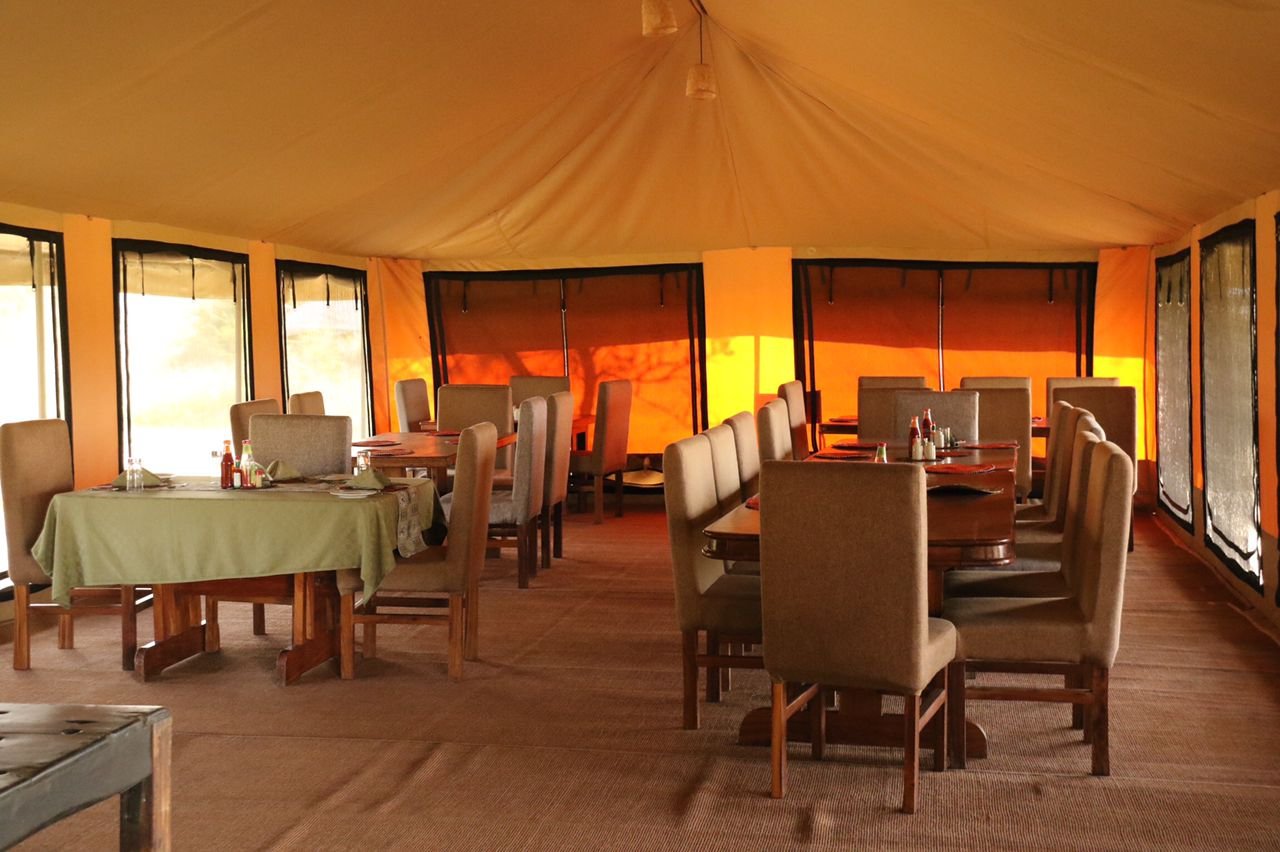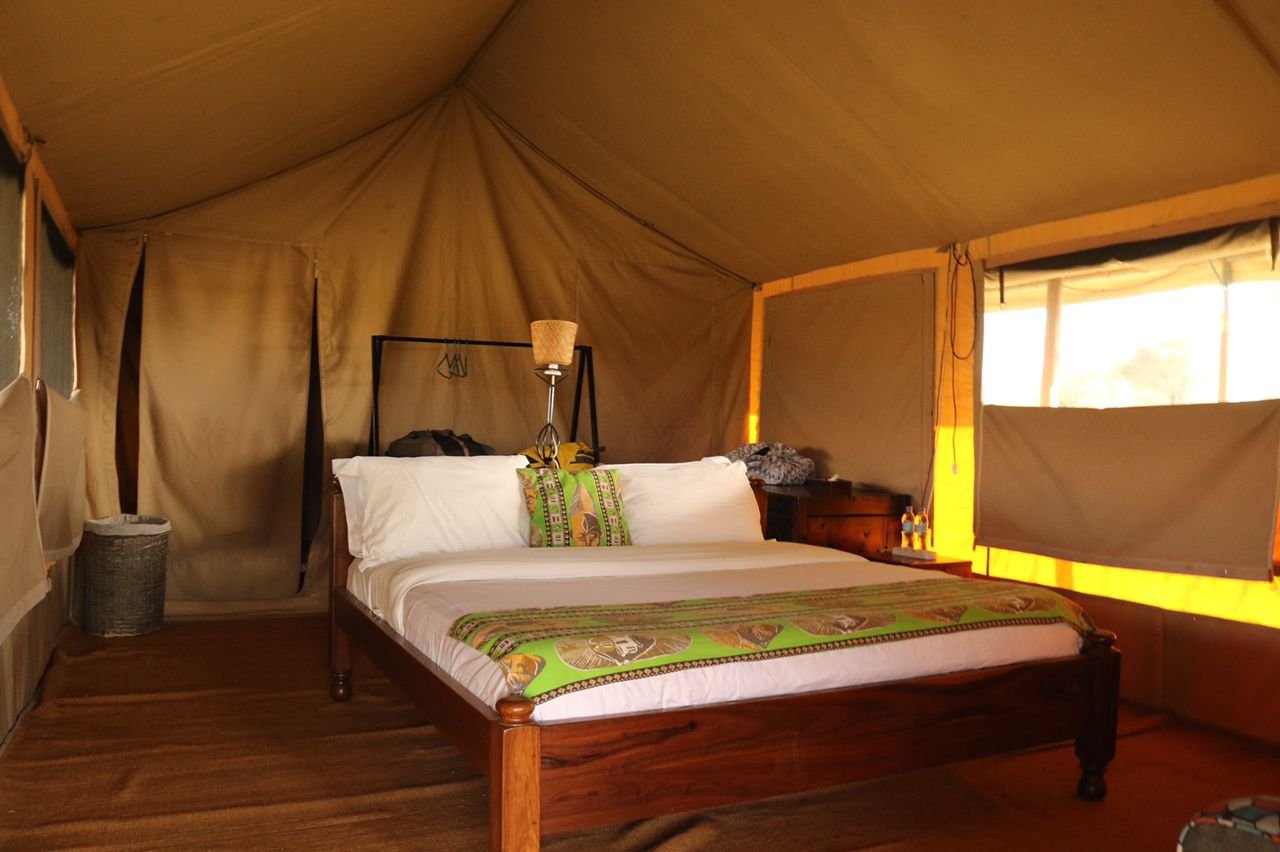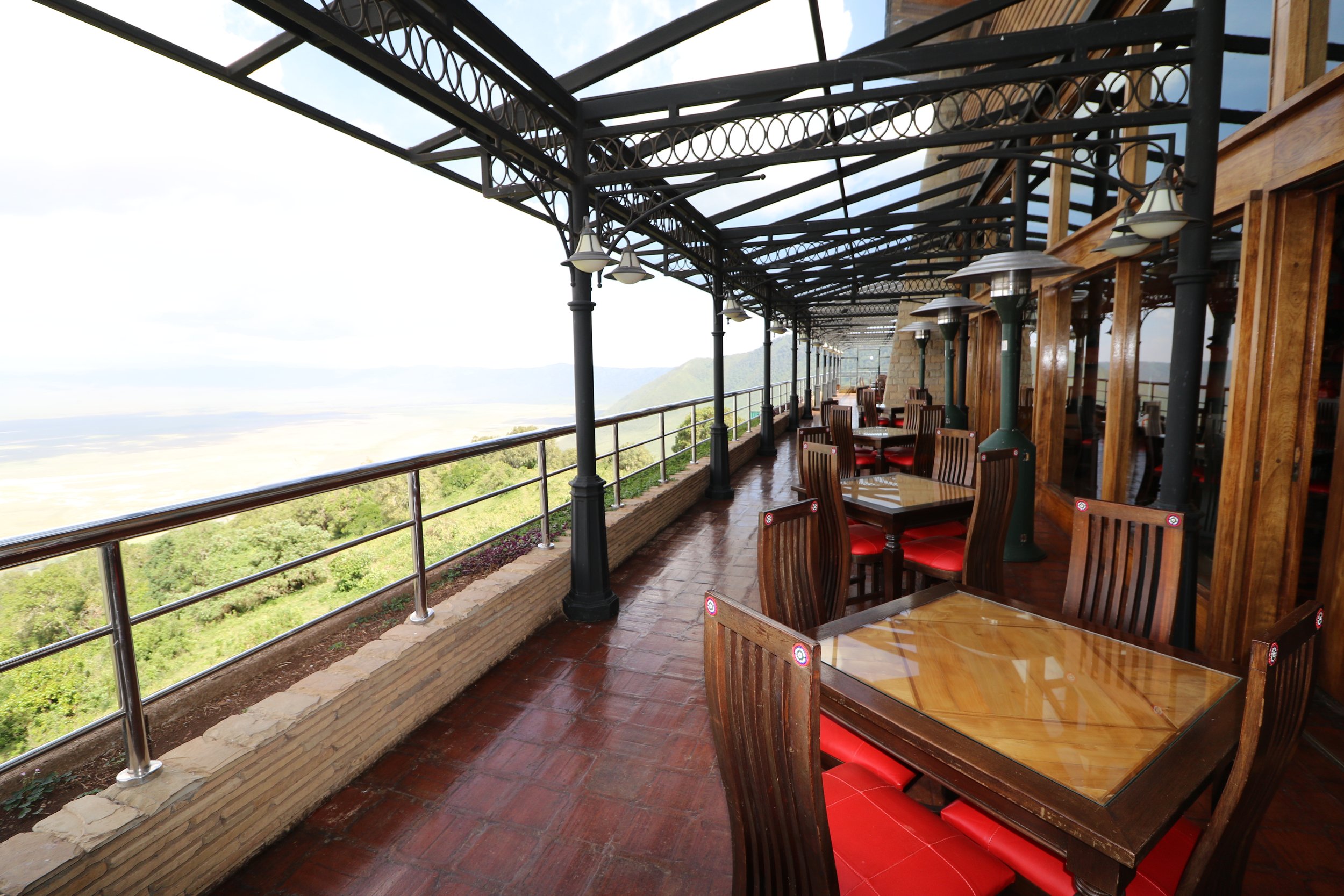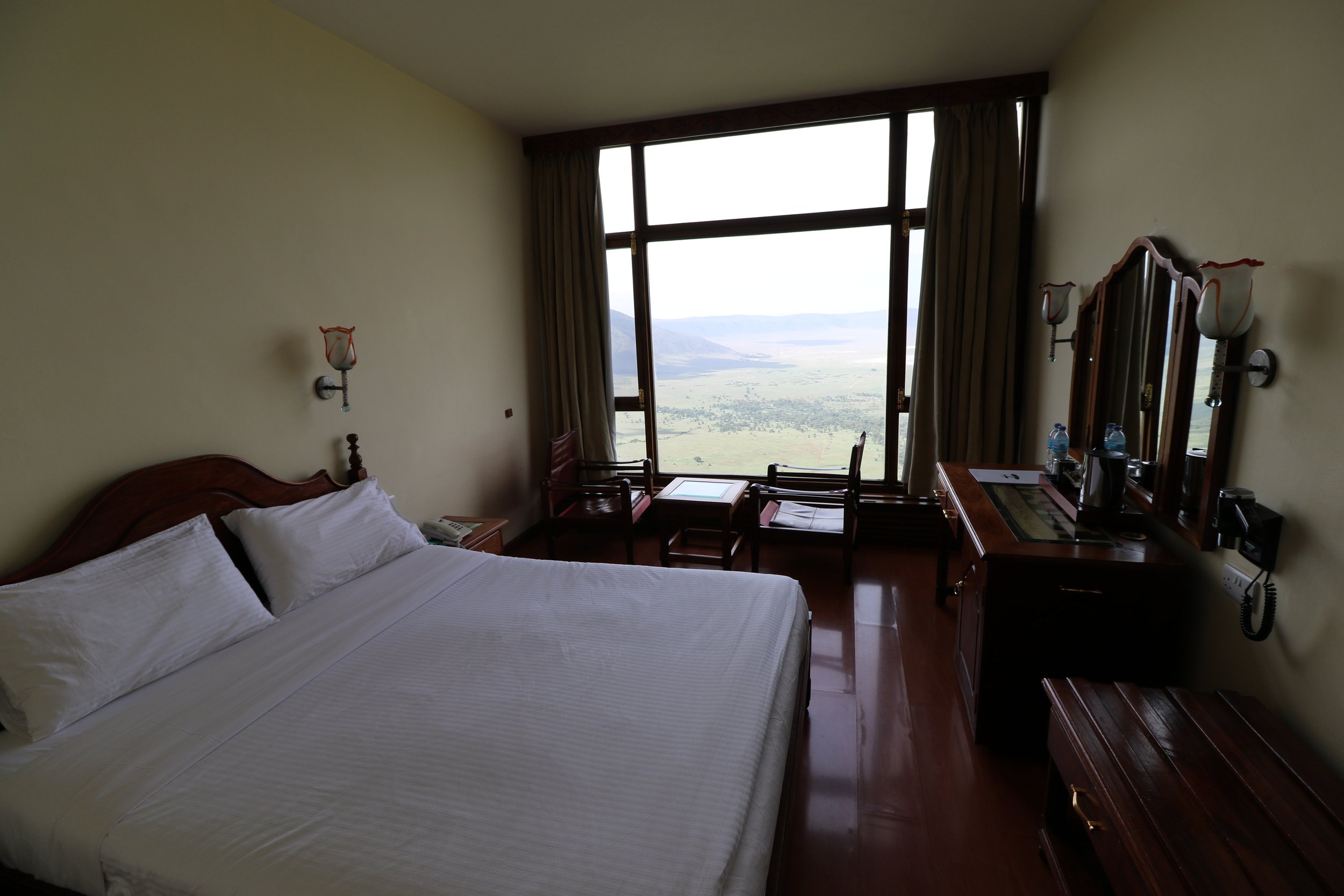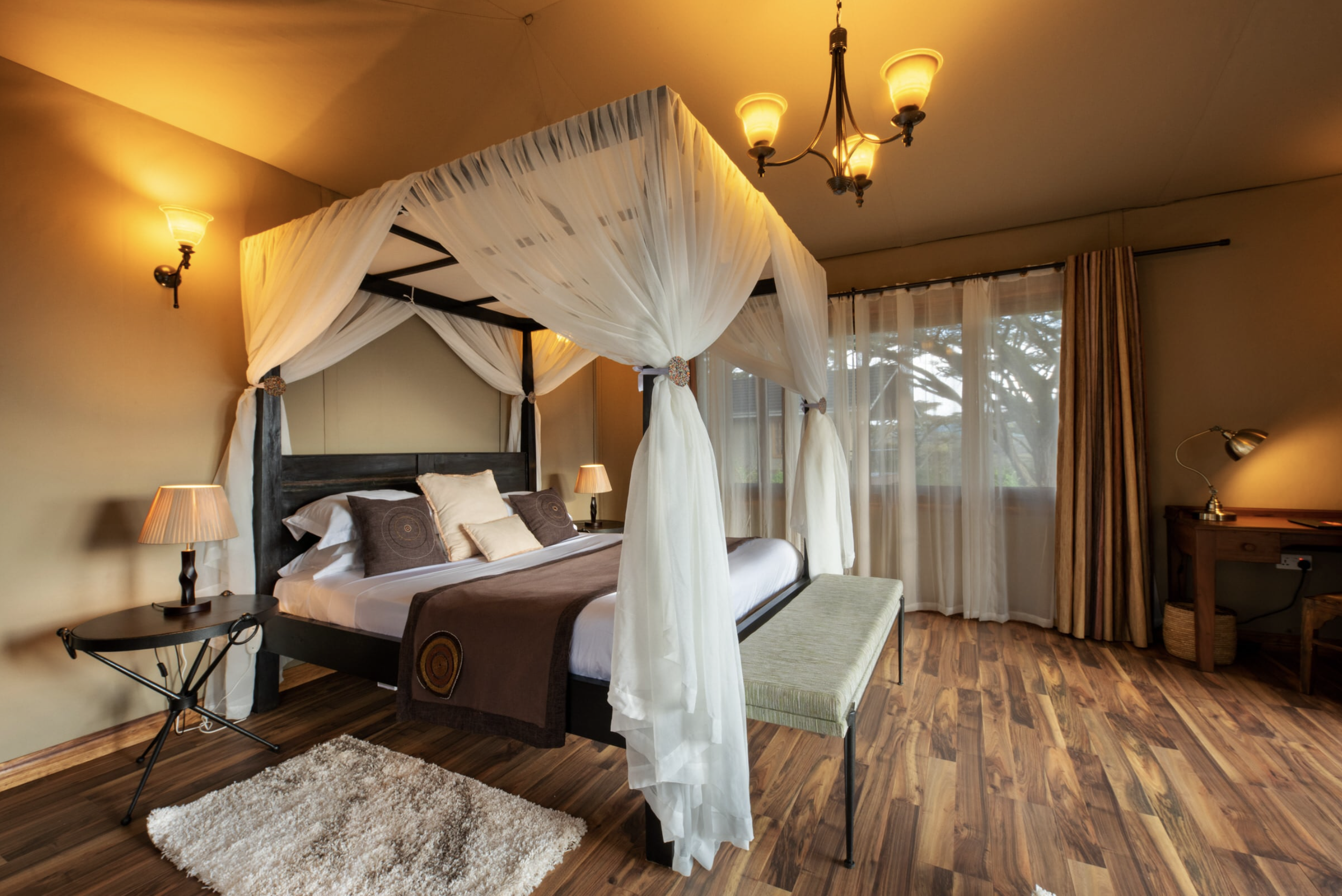Cape Cod to Tanzania: Cape & Islanders on East African Safari
January 16 - 24 - 2027
Join Off Cape Experiences and fellow Cape & Islanders, for a nine-day safari adventure & fundraiser. This trip highlights the stunning landscapes, warm cultures, and unmatched wildlife viewing of East African National Parks while also visiting, learning about, contributing to, and supporting some truly special local projects that directly benefit vulnerable populations in Tanzania, and on The Cape.
-
Visit and experience the best of East Africa’s natural beauty and vibrant cultures.
Support a Cape Cod-based Nonprofit and a locally run, Tanzanian primary school. Gain insight into some of the challenges area schools face and the steps the community is taking to provide tribal and disadvantaged children with access to quality education. (a portion of the proceeds from your trip will go to both organizations to help pay for operating costs, the school’s new dormitory, tuition for children from local Chagga, Iraqw and Maasai tribes, school supplies and teacher salaries.)
Explore the vast grasslands of Serengeti National Park in search of “The Big Five”, scout Tarangire National Park for its large herds of elephants, and descend Ngorongoro Crater in search of the rare black rhino.
Experience Olduvai Gorge and learn about the site’s significance to the understanding of prehistoric history in this part of the world.
-
Day 1: Arrival
Arrive in the evening at Kilimanjaro International Airport and transfer to your hotel for a welcome dinner and a good night’s rest.
Accommodation: The African Tulip Hotel
Day 2: Jobreas Primary School Visit & West to Tarangire National Park
After breakfast, we’’ll take a short drive into the local community to visit a local market, and visit a local primary school that Off Cape Experiences has helped support since its inception in 2009 (a portion of the proceeds from your trip will help pay for healthy meals & snacks, tuition for children from local Chaga, Wambulu and Massai tribes, school supplies and teacher salaries). After lunch, head west into the savanna to your first tented lodge and enjoy dinner and drinks while enjoying the sunset overlooking Tarangire National Park.
Accommodation: Lake Burunge Tented Lodge, Lake Burunge Baobab Tented Lodge or similar
Day 3: Tarangire National Park
Get an early start to begin your first safari! Tarangire is known for its large elephant herds and ancient baobab trees. Tarangire is also home to more than 500 different species of birds as well as lions, cheetahs and many other interesting animals. Settle into your beautiful camp for sunset beverages and a delicious meal.
Accommodation: Lake Burunge Tented Lodge, Lake Burunge Baobab Tented Lodge or similar
Day 4: Tarangire National Park - Mto Wa Mbu Cultural Activities & Ngorongoro Conservation Area
After a delicious breakfast, you will visit a nearby local village where local artisans make traditional crafts, and carry on traditional farming practices. You will also explore bustling local markets, sample fresh fruits such as pink bananas, and enjoy a traditional meal prepared by a local family. Then, get your eyes ready as you ascend the Great Rift Valley, making your way through the frontier town of Karatu and on to the breathtaking Ngorongoro Crater Conservation Area
Accommodation: Tortilis Ngorongoro, Serena Ngorongoro or similar
Days 5: Exploring The Ngorongoro Crater
Rise in the morning to a view from a storybook, looking out over the Ngorongoro Crater, a UNESCO World Heritage Site. Climb aboard your safari vehicles and descend 2,000 feet to the crater floor for a once in a lifetime game drive, surrounded by the densest population of big game in all of Africa. This will also be your best chance to catch a glimpse of the rare and endangered black rhinoceros!
Accommodation: Tortilis Ngorongoro, Serena Ngorongoro or similar
Day 6: Ngorongoro Conservation Area to Serengeti National Park
Continuing deeper into the savanna, make your way into the endless plains of the mighty Serengeti. En route, visit Olduvai Gorge, one of the most important paleoanthropological sites in the world, where you’ll get the true sense of the vastness of this one-of-a-kind ecosystem. You’ll also stop by a Maasai village where you’ll learn more about the local culture.
Accommodation: The Singing Grass Serengeti, Kongoni Serengeti Safari Camp or similar
Day 7 & 8: Exploring Serengeti National Park
The wilderness and rhythm of the animals will dictate the course of our days as you traverse the gravel and two-track roads winding through the vast grass plains, woodland forests, kopjes (boulder fields) and wetlands to look for cheetahs, leopards, lions, cape buffalo and all the other incredible wildlife that inhabit the Serengeti plains. There will also be an optional sunrise hot air balloon ride available as an add on.
Accommodation Options: The Singing Grass Serengeti, Kongoni Serengeti Safari Camp, or similar
Day 9: Departure Day - Serengeti National Park to Arusha
For your last morning in the mighty Serengeti National Park, you’ll have a leisurely breakfast and we’ll pack your bags into our Land Cruiser and amble to Seronera airstrip, located in central Serengeti for a mid morning flight from Serengeti air strip to Arusha. Once in town (depending on flight departure times) either head straight to the airport, or if there is time, we will make a few stops that may include a cultural museum and a short visit to say “kwaheri” (goodbye) to our friends at Jobreas School.
*Itinerary days and activities are subject to change without notice due to unforeseen circumstances or events. See full terms and conditions for more information.
-
Checked luggage should be a duffle bag (rolling duffels are fine). Large square suitcases may not fit in the back of safari vehicles. A few notes:
Some travelers bring a second, empty, lockable bag folded into the main luggage. You can use this to carry home some of the things you acquire along the way. Also, when traveling with a friend, you can “bag swap” or pack two outfits of your clothing in your friend’s luggage and vice-versa, in case one bag is delayed. Up to you!
We will be spending a lot of time in the vehicles, sitting next to the windows and the sun can be very strong in Tanzania. Sunscreen alone will not save you from sunburn! You will want to wear clothes that are comfortable. Wearing light colored, lightweight long sleeve shirts and pants will also protect you from the sun, dust and insect bites.
Game drives can get very dusty so white clothing will get very dirty. Earth toned colors are recommended.
Note: The colors black and dark blue are known to attract tsetse flies and are not recommended.
Footwear is also important. You may be spending a lot of time on your feet while on game drives. The roof of your safari vehicle will have a pop top, which will allow you to stand for a better view of the animals and landscape.
Clothes (one unless otherwise noted):
Comfortable pants - 3-4 pairs
Jeans - one pair
Knee-length shorts - 2-3 pairs
T-shirts - 5-7 pairs
Long-sleeved shirts - 3-4 pairs, for cooler evenings/mornings, protection from flies and mosquitos and sun protection.
Undergarments - one pair for each day of your trip (laundry may not be available)
Fleece/hoodie or jacket, for cool mornings and evenings, it does occasionally dip into the 40s in the early morning while on safari
Swimsuit
Rain jacket
Sneakers/Comfortable shoes
Sandals or flip flops
Sunglasses
Refillable water bottle - 1 liter, Nalgene or CamelBak
Sun hat to guard from glare and to protect your skin. Warm hat for those cold safari mornings.
Headlamp with extra batteries
Sunscreen, the sun is much stronger in Tanzania and Zanzibar than the U.S.
Bug spray, 20-30% DEET.
Binoculars! Animals are often at a distance and a good pair of binoculars are essential for good animal viewing. You will want to have your own pair, if you do not have binoculars we suggest you buy or borrow a pair for your trip.
Note: Laundry service is available at times but is often unreliable.
-
Private, small group safari
Scheduled transfer to and from Kilimanjaro International Airport
Expert local Tanzanian English-speaking safari guide and drivers
Transport in a four-wheel-drive safari vehicle (Toyota Land Cruiser or Land Rover)
Tickets and fees to national parks, reserves and conservation areas
Accommodation and breakfast in Arusha
Full room and board on safari in luxury tented camps, hotels & lodges
Bottled water on safari
Contributions to local primary school & local nonprofit
What's Not Included
Travel Insurance (Highly Recommended)
International flights & visa fees
Alcoholic beverages and soft drinks
Personal expenses (phone, laundry, cabs, etc.)
Optional activities not listed on the itinerary such as sunrise hot air balloon safari
Tips to hotel, lodge, or tented camp staff
End-of-safari gratuity for drivers and guides
-
Do I need a passport to travel to Tanzania?
Yes! You must have a passport to travel internationally. When you book your trip with Off Cape Experiences, we ask that you submit a copy of your passport in part to verify whether it’ll be valid when you travel. To travel, your passport must be valid for at least six months after you return from your trip and has at least one (and probably more) empty pages.
Renewing a passport can take four months so if it doesn’t meet the above criteria, start the process immediately.
Learn more about how to renew an existing passport.
Learn more about how to apply for a first-time passport.
Learn more about how to expedite your passport renewal.
Make copies of your passport and keep one in a safe place not with your passport. This will come in very handy if you misplace it and need to get a new one.
Do I need a visa for travel to Tanzania?
Yes! Get a visa before travel by clicking “New Application” and filling out the online application form. Learn more by visiting the U.S. State Department website. Getting a visa before traveling will shorten the arrival process at Kilimanjaro International Airport, but is not required.
If you plan to get your visa at the airport, you must have a crisp $100 bill printed after 2006. Older bills with imperfections may not be accepted.
Travelers from outside the U.S. with other passports should review entry requirements for your home country, or get in touch and we’ll help you navigate this process.
What vaccines are required for travel to Tanzania?
None if traveling from the U.S. However, we recommend reviewing the CDC Traveler’s Health page for Tanzania, which recommends a number of vaccines, including childhood vaccines, COVID-19 and Typhoid.
Tanzania requires proof of yellow fever vaccination upon arrival if you are traveling from a country with a risk of yellow fever. This does not include the U.S. See the list of countries with a risk of Yellow Fever transmission.
The CDC also recommends taking malaria prophylaxis. Please be sure to consult your doctor to decide what medicine is right for you.
In addition to vaccines, if you take prescriptions, please bring enough for the duration of your trip. Obtaining your prescriptions in Tanzania is iffy at best. Some other prescription tips:
Pack your prescriptions in their original, labeled containers. We suggest you pack them in your carry-on bag.
Be sure to bring enough contact solution and personal hygiene products for the duration of your trip. Ear plugs are also a good idea to have on your flight.
If you are prone to motion sickness be sure to pack non-drowsy Dramamine or an equivalent. We will spend a lot of time in the safari vehicles while on game drives and roads can be quite bumpy.
A personal First Aid kit is always a good idea to have on you when traveling abroad.
Is tap water safe to drink?
No. Drink only bottled water. Do not drink water from the tap. Your accommodations and guides will provide water for you to fill your refillable water bottles you bring from home or provide bottled water for you. Bringing a Nalgene or similar 1 Liter refillable bottle is highly recommended and promotes sustainable travel and respect for the places we are traveling.
In addition, routine hand washing before and after meals and after using the bathroom will cut down on your chances of getting sick. Although delicious and a great way to experience local culture, eating street food can also increase your chance of getting sick.
Is it safe where we’re going in Tanzania?
Tanzania is generally a safe place to travel. However, using common sense is a must. When on safari, you will be briefed by your local guides about when and where it is safe to walk. You will be briefed upon arrival at each location.
Listen to briefings from your guides and ask questions! Do not assume.
What’s the weather like?
Tanzania is located just south of the equator so, as a general rule, expect it to be warm to hot during the day and cool in the evening. The weather can also quickly change so having a rain jacket or warm layer is a good idea while on safari.
During the day on safari, the temperatures can reach into the 80s and as low as the 50s overnight. The temperature will fluctuate depending on cloud cover and breeze.
While in Zanzibar, you can expect a more tropical climate. Temperatures will likely be into the 80s and 90s during the day with nice weather that will drop down to the 70s in the evenings.
Do I need to bring cash? How much?
Cash is king in Tanzania. Some of the bigger tourist shops and hotels will take Visa and Mastercard, but other than that, it is best to plan on using cash wherever you go.
Some additional info about cash and money:
Bills printed after 2009 will receive the highest exchange rate. Bills that are old, wrinkled, torn or written on will likely be given a lower rate as well. 100s and 50s will also bring higher exchange rates than lower denomination bills.
ATMs are available in the cities and some hotels. However, in Tanzania, the machine might be out of cash, the electricity may be out or you might be charged high fees to use it.
Travelers Checks are not recommended as you will receive a lower rate of exchange and may not be able to exchange them once we leave town.
Bargaining is acceptable when buying souvenirs in Tanzania. How much you want to push it is up to you. Ask yourself what you would pay for that item at home, compare the price and find somewhere in the middle that is reasonable for both parties. Remember to keep a smile on your face and always be polite. It’s a good thing when both sides of the deal are happy.
Is tipping customary in Tanzania?
Tipping in Tanzania is similar to tipping in the U.S. Restaurant staff, safari guides and drivers highly depend on tips as a main source of income. The amount is up to you and is greatly appreciated. Standard practice at restaurants is up to 20% and for your driver and guides, $10-$20USD per person per day is normal and usually given at the end of the Safari.
Should I bring my expensive digital camera?
Cameras are important pieces of equipment while on safari if you want to record memories to revisit later. As for what type of camera or lens to bring, it’s entirely up to you. Whichever camera you decide to bring, be sure to become familiar and comfortable using it before departing for your adventure. The wrong time to learn how to use your camera is on safari. Animals are often viewed at a long distance from your vehicle so consider a camera with good zoom and image quality.
If you plan to use a camera other than your cell phone, you may want to consider bringing an extra battery and extra memory cards. You don’t want to run out of batteries during a game drive. Be sure to charge your batteries every night, even after game drives! The number of memory cards you bring depends on the amount of photos you’ll take. It’s better to have an extra and not need it, then to need and not have. Some types of memory cards are available in Tanzania, but they are expensive. There is nothing worse than filling up your only memory card, trying to scroll through your pictures to decide which ones to delete to free up space for more pictures. This normally happens while something exciting happens during a game drive. Just pick up an extra card!
Photo etiquette is very important. The etiquette of photographing most people is about the same as it would be on the streets of your hometown. Many Maasai people have particular concerns about photography. They know photographers have made money from selling pictures of them, and many will usually ask for money in exchange for their picture. Try to set a clear understanding when taking pictures of Maasai or any other people, even from a distance.
In general in East Africa, you need permission to take a close-up, as you would at home, but not for a crowd scene. Be especially polite if you want to photograph a woman wearing a veil. If you want to shoot a portrait, show interest in your subject, and try to have a bit of interaction first. Then use sign language to inquire if a picture is OK. Your driver-guides can help.In addition to cameras, we also recommend bringing binoculars. While on safari, animals are often at some distance. You won’t want to miss camouflaged leopards in a tree, a lion lounging in the grass or a beautiful bird at a distance. A decent pair of binoculars will help bring the action closer to you! If you don’t own a pair of binoculars, it’s worth it to consider buying or borrowing a set. Check out this article about the best binoculars for safari if you need a place to start. I’ve found that 8x or 10x magnification usually does the trick.
Will my phone work in Tanzania?
Probably, if you pay for it. Check with your provider for roaming rates and international data packages before traveling. These rates can pile up very quickly and be extremely expensive.
If you have a travel phone or a phone with a slot for an extra SIM card, you can buy a local SIM card with data for the duration of your stay. This usually ends up being the cheapest option, though not always the most convenient.
Do I need a power adapter to charge my devices?
Yes. It will be important to charge your devices each day when returning to your accommodation for the evening, especially your camera. You can find universal adapters or adapters specifically for the Type G outlet used in Tanzania at online retailers. Adapters now come with USB ports and more than one outlet for charging multiple devices at once. Click here to learn more.
How will we get around in Tanzania?
Good question! The answer is in style! Toyota Land Cruisers and Land Rovers are the go to vehicles while on Safari. Upon arrival in Tanzania, your safari team will be waiting to welcome you at the airport. These vehicles are set up with large windows for optimal viewing and a raisable roof for an unobstructed 360-degree view of your surroundings. Perfect for capturing that photo of a lifetime.
What else do I need to know about game drives?
Listen to your driver or guide. They know best how to keep you safe!
Driving in the parks is allowed between 6 a.m. and 6 p.m. only.
Do not exceed 50km/h and no more than 25km/h in the Ngorongoro Crater.
Camping is permitted only in designated sites.
At Ngorongoro Crater, picnicking is allowed only at designated sites.
Wild animals always have the right of way.
Keep to the authorized tracks only. You will be fined if you are found off the main tracks.
Do not disturb or harass the wildlife in any way. Loud music while on game drives is forbidden. Please do not imitate animal sounds, clap, hoot or pound on vehicles. Do not throw objects to attract animal’s attention.
Do not litter. Keep your waste in the vehicle until it can be properly disposed of later at your lodge or camp. Litter can choke or poison animals and birds.
Do not smoke while on game drives and always dispose of cigarettes carefully while at camp. A burning cigarette can start a wildfire that would cause damage to vegetation and suffering to wildlife and people.
Never feed animals at your hotel or in the wild. It will upset their diet and lead to an unnecessary dependence on people.
Do not pick, cut or destroy any vegetation or remove any object of biological interest, including eggs, bones and trophies.
Map
Accommodation
All overnight accommodation while on safari will be in luxury tent camps/lodges in or abutting Tarangire, Manyara and Serengeti National Parks and The Ngorongoro Crater. All nights in Arusha will be spent in comfortable hotels.
From $6,495 USD + $395 domestic airfare
Pricing is per person, based on double occupancy. An additional charge of $1,100 is applied for single occupancy. A 20% deposit is required to book travel. The balance is due 90 days prior to departure, or immediately if booked within that time period. Special rates may be available for group bookings. Questions? Fill out this form.

